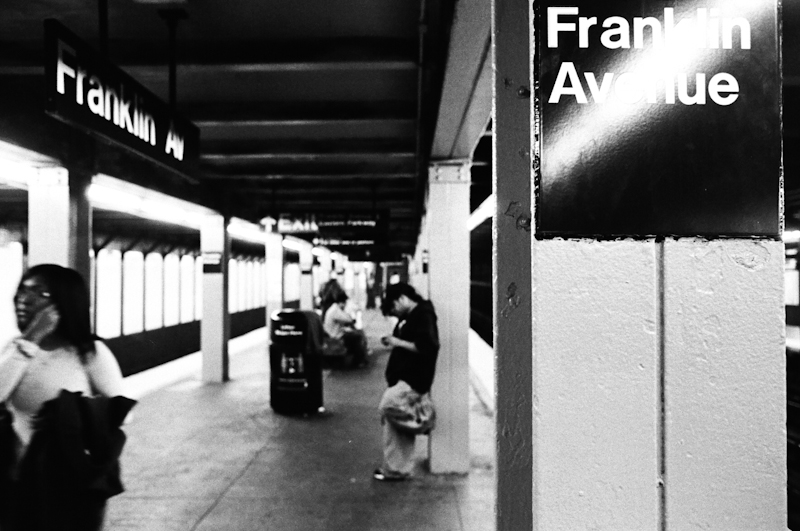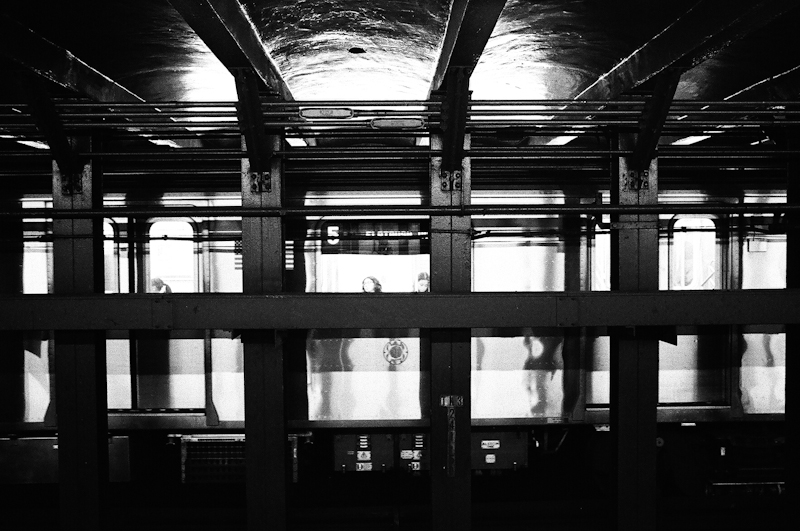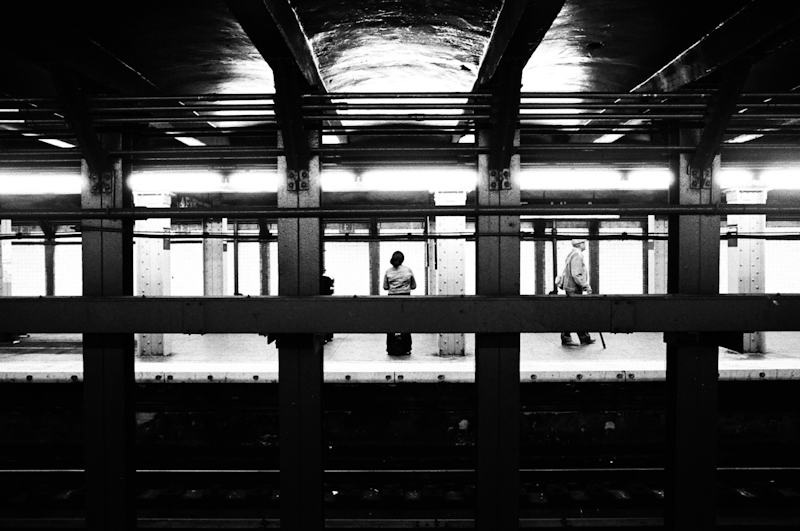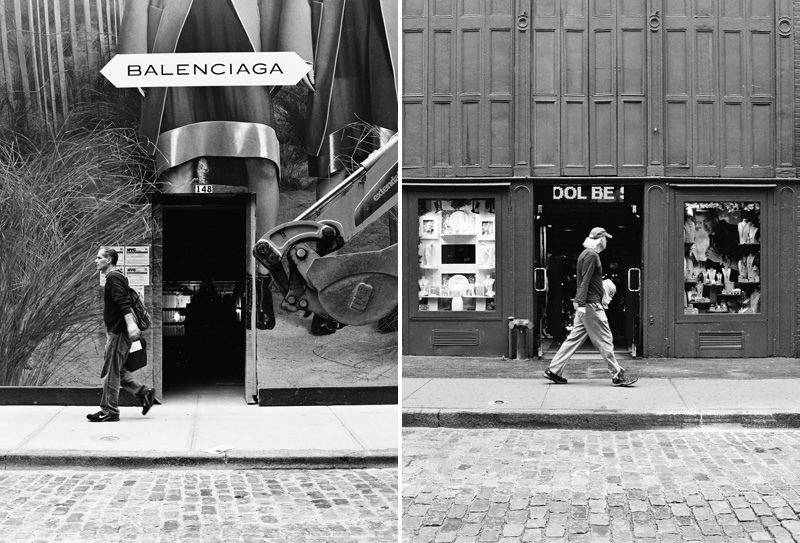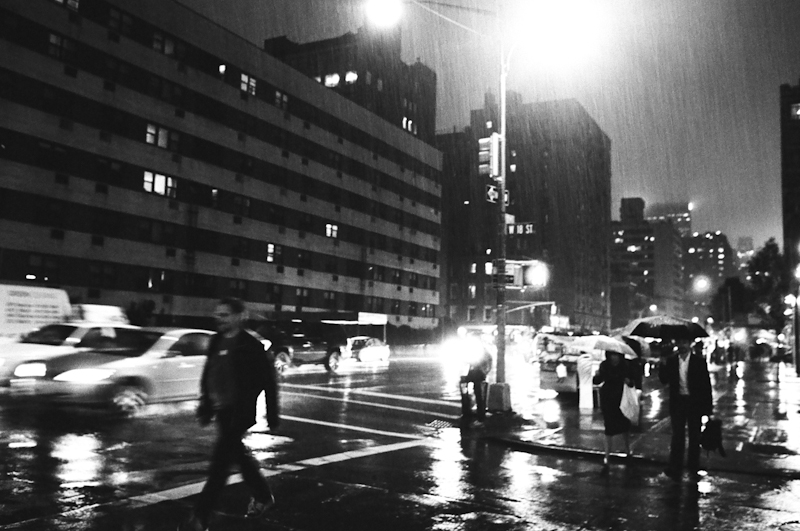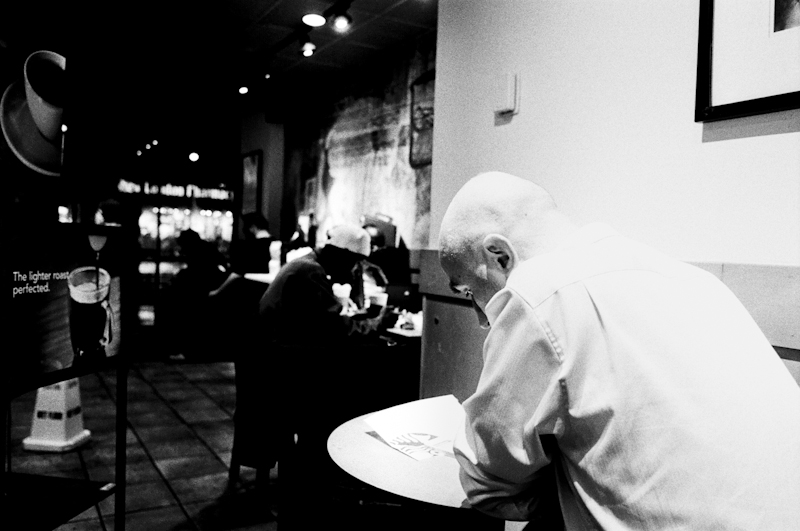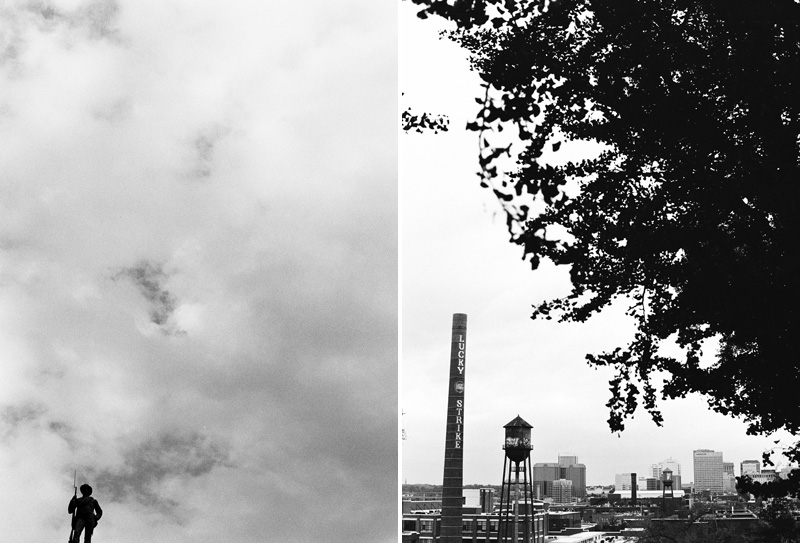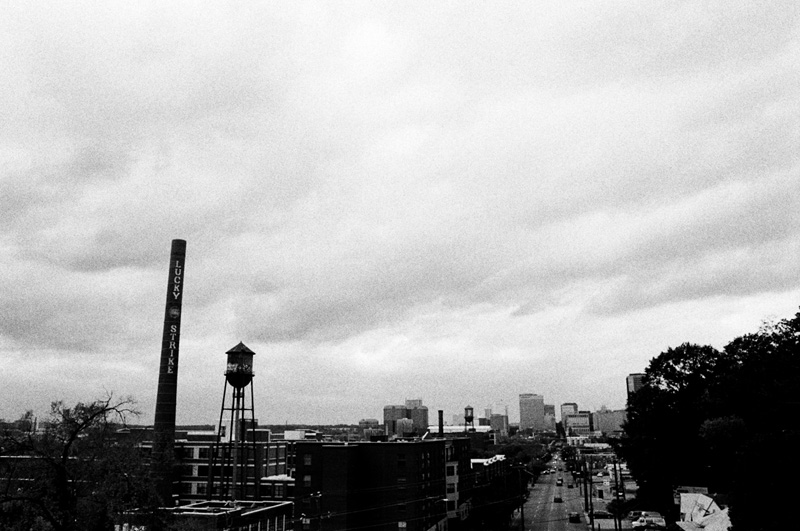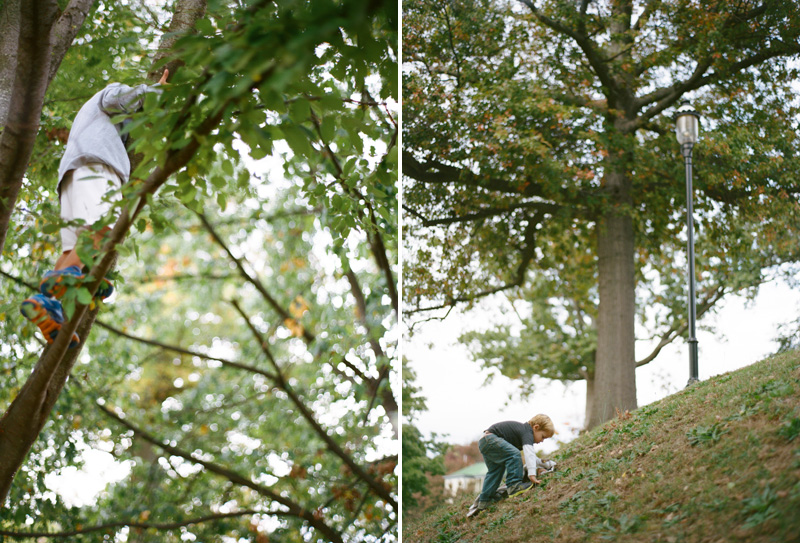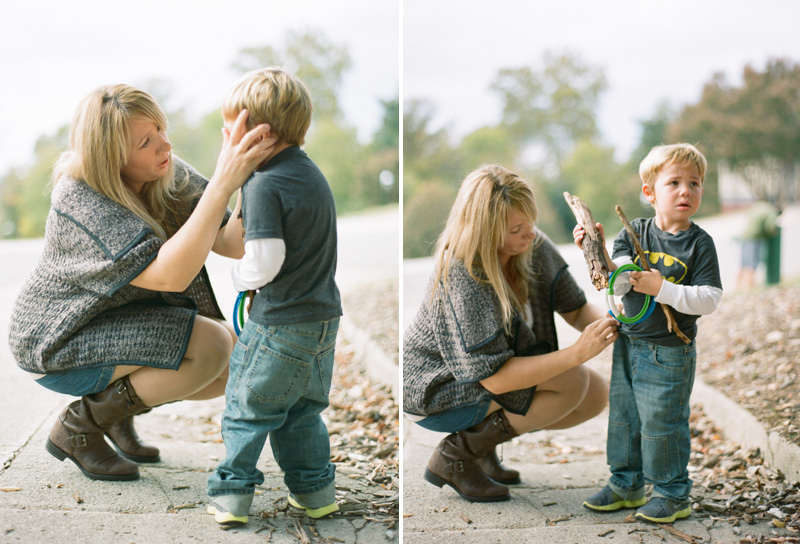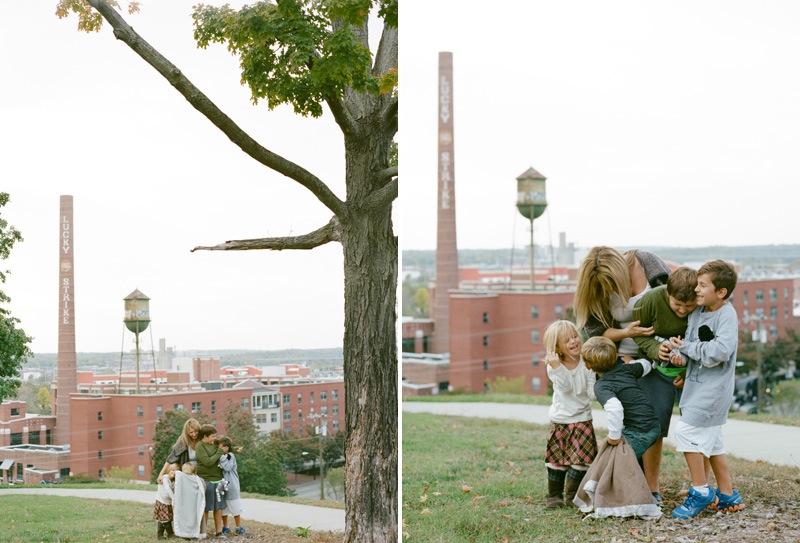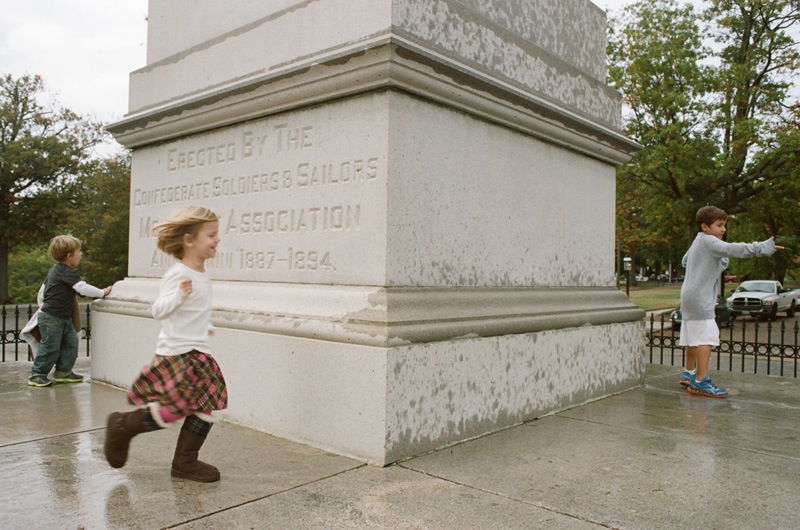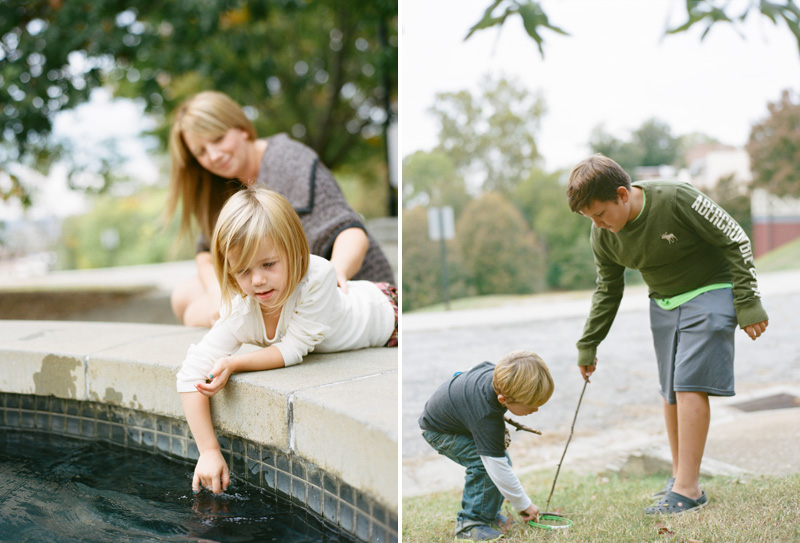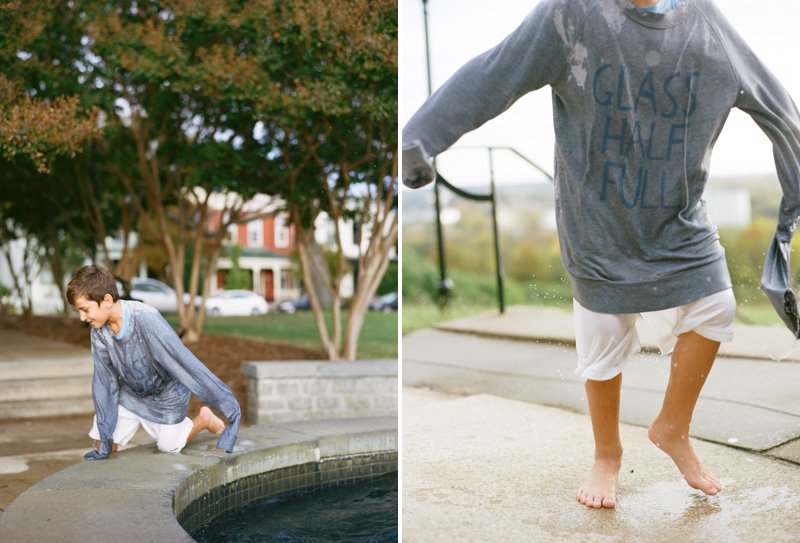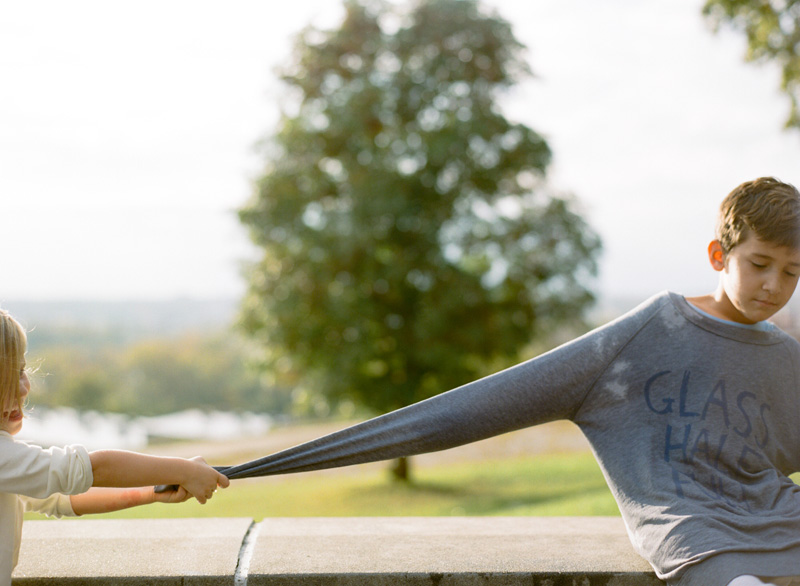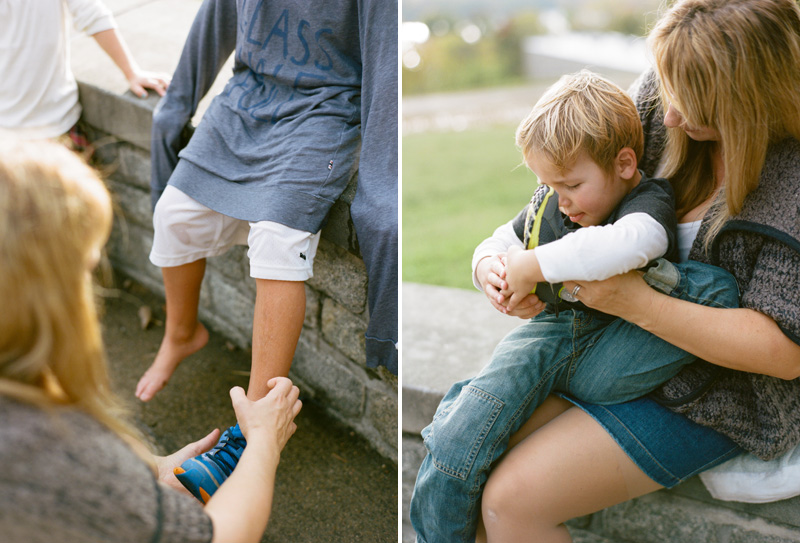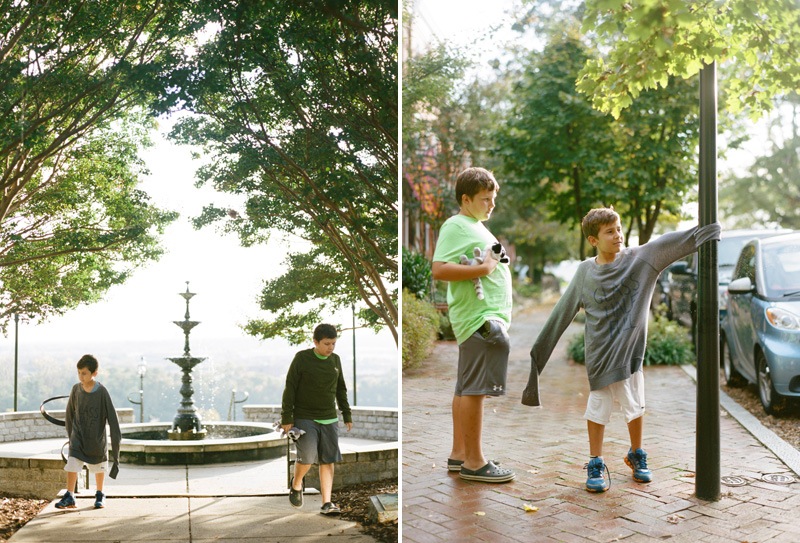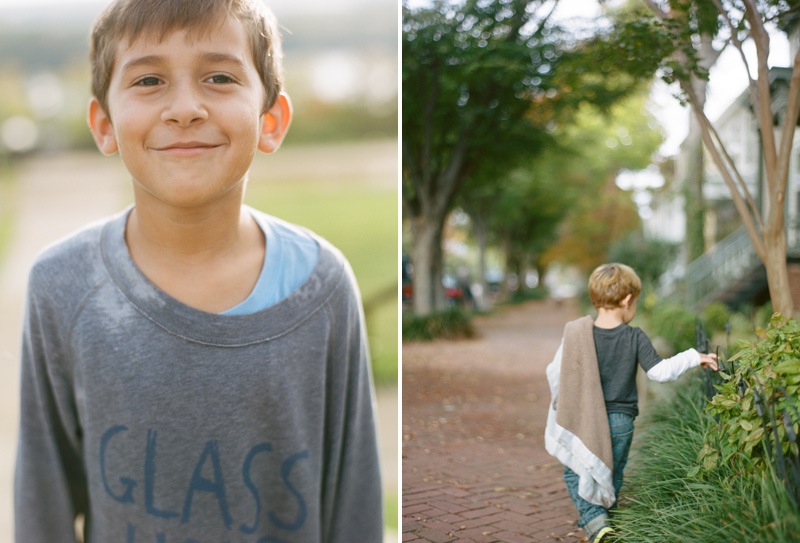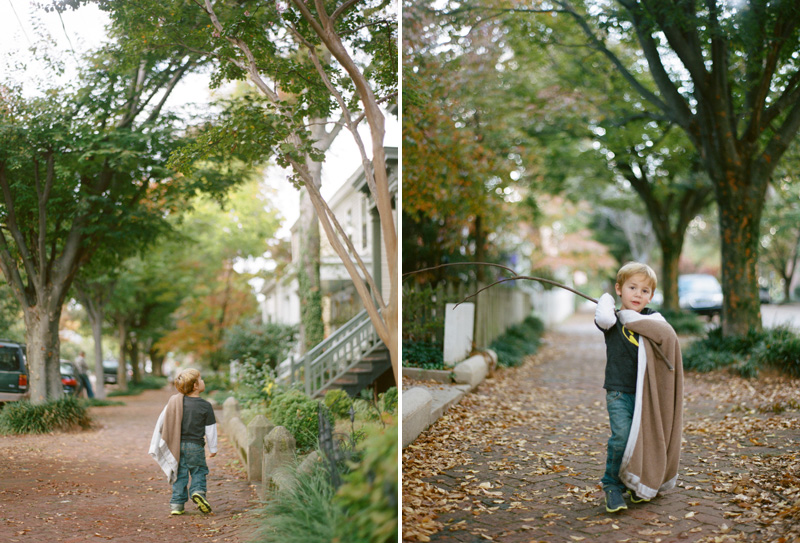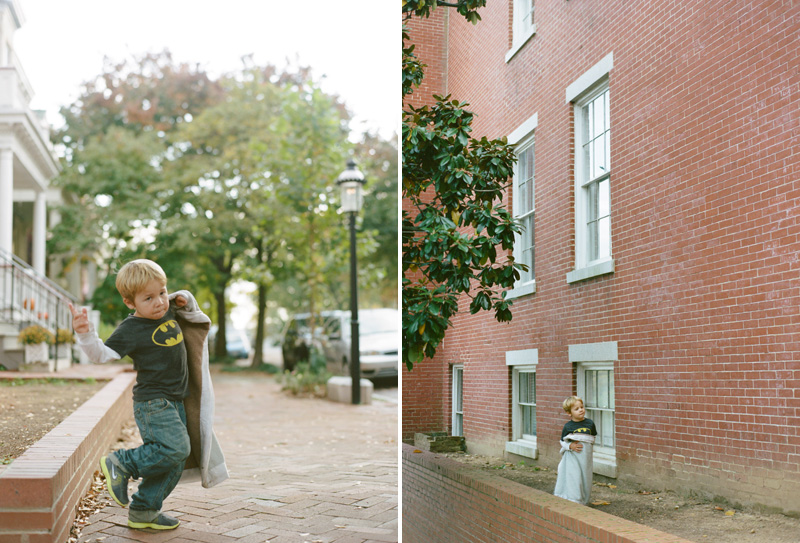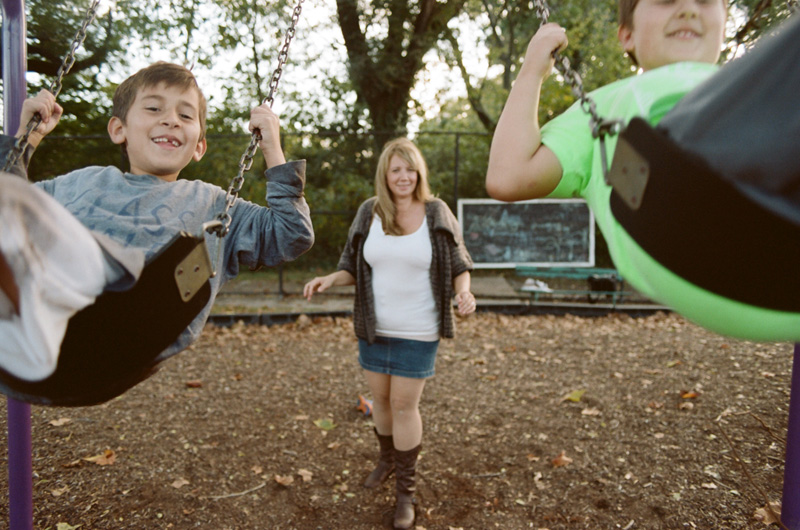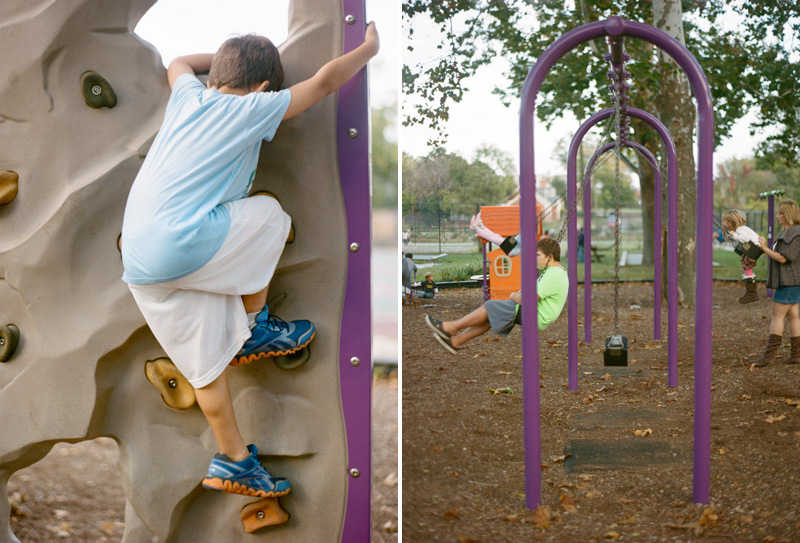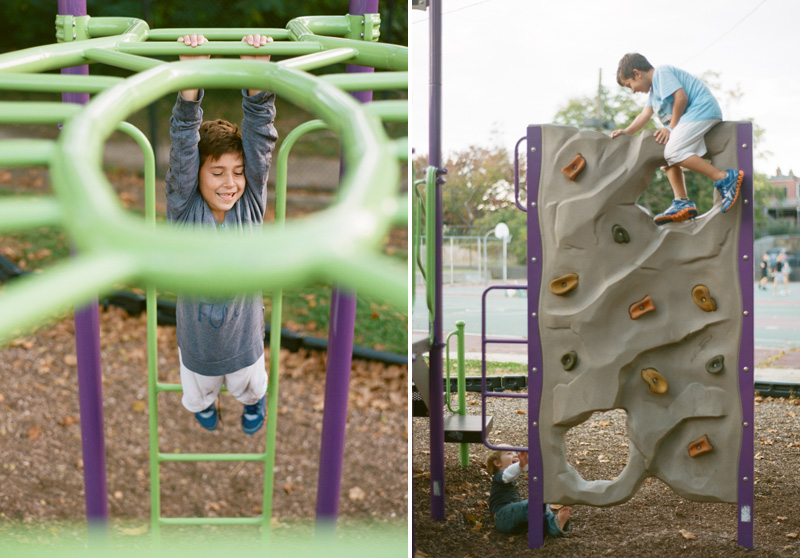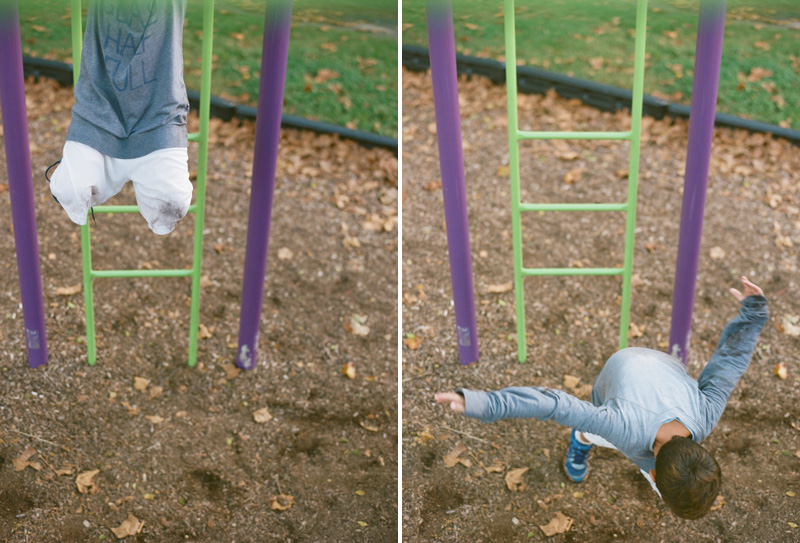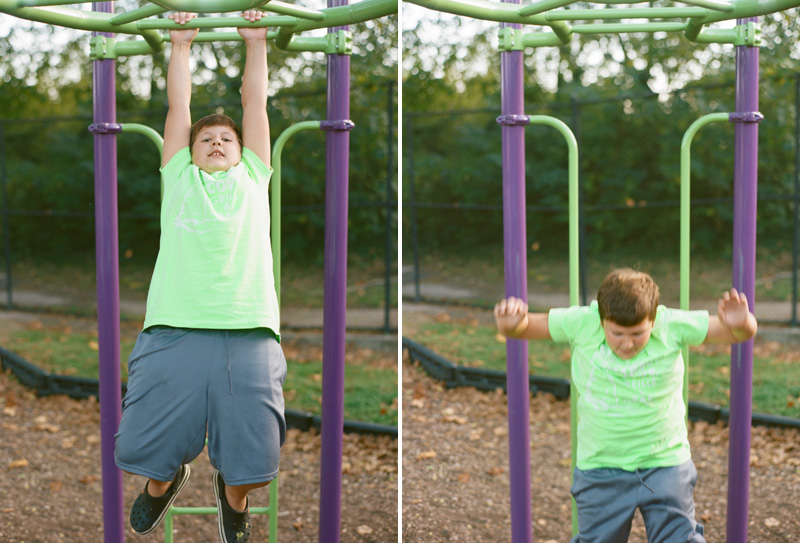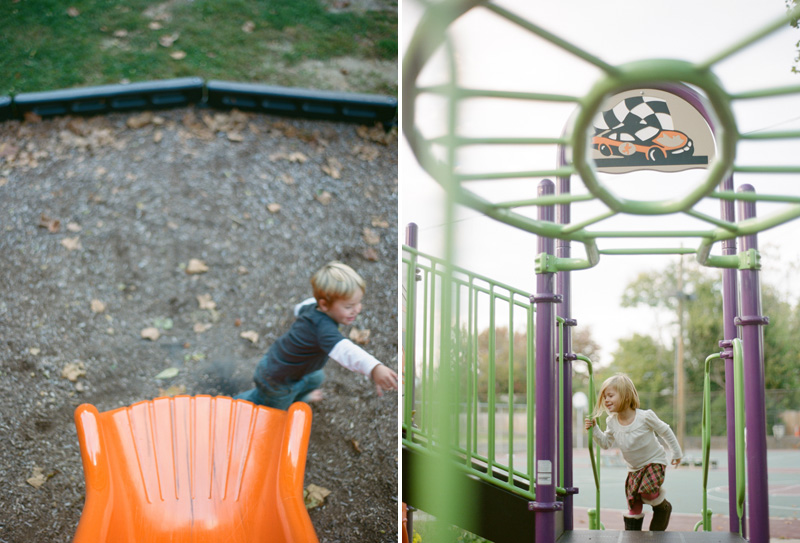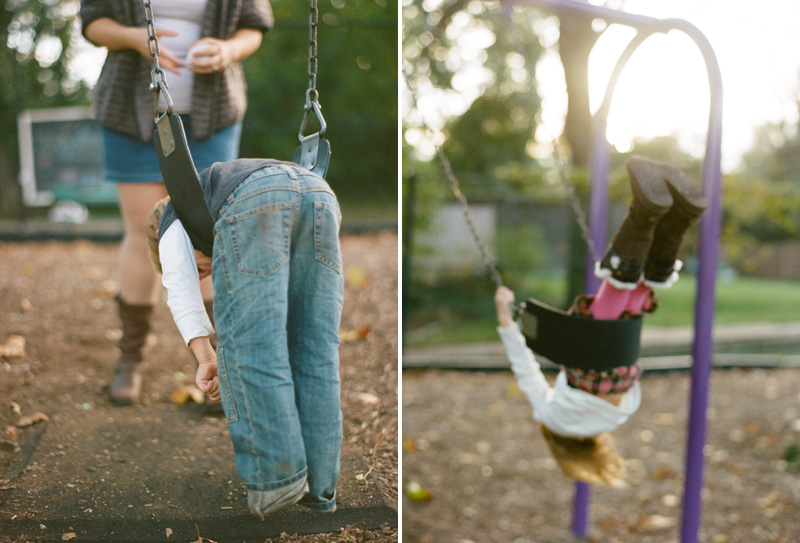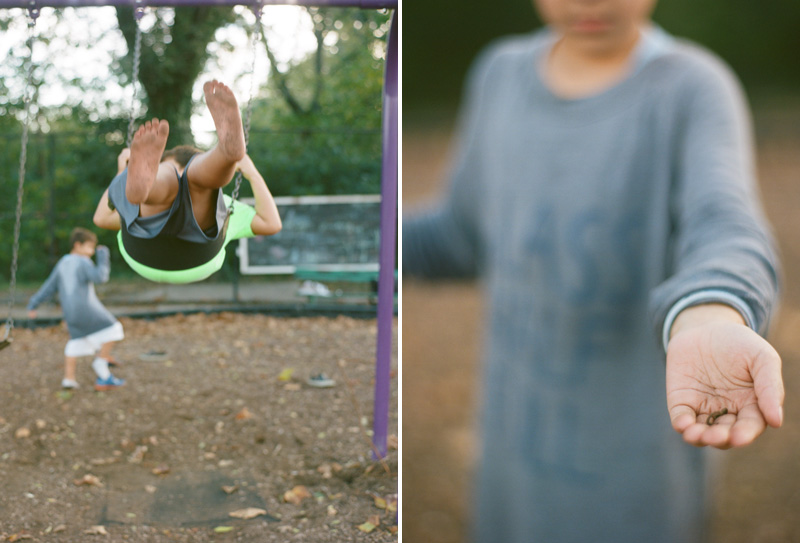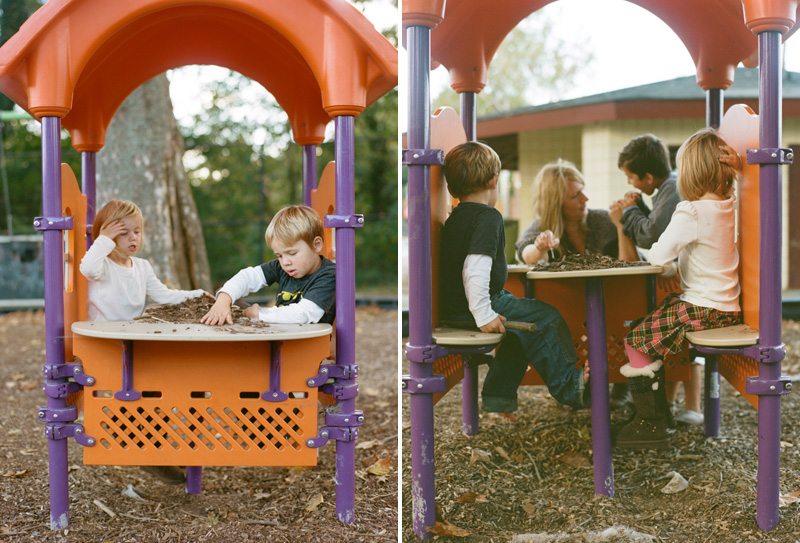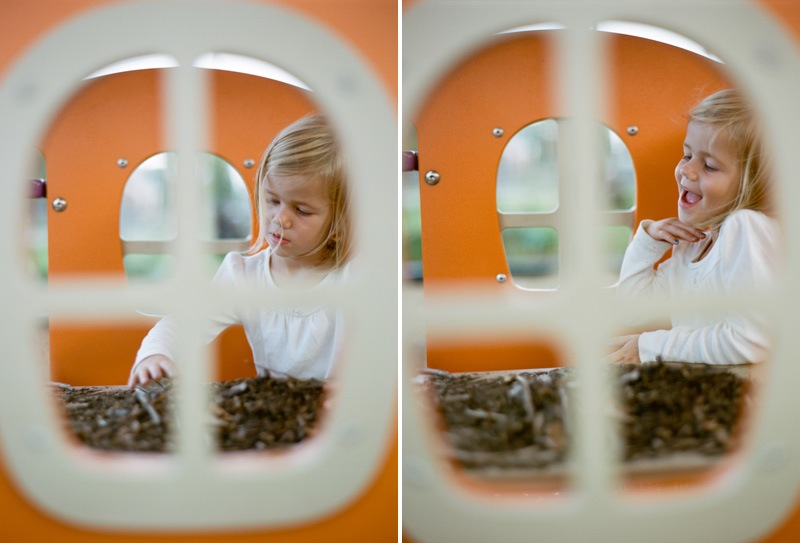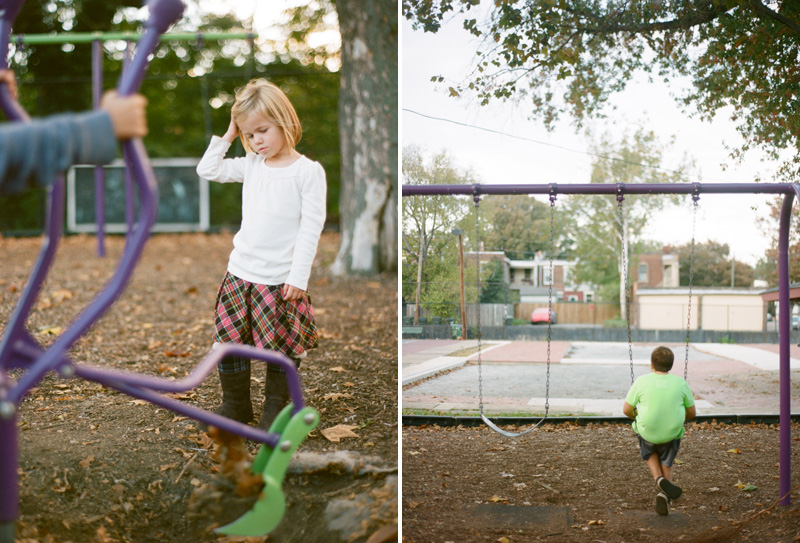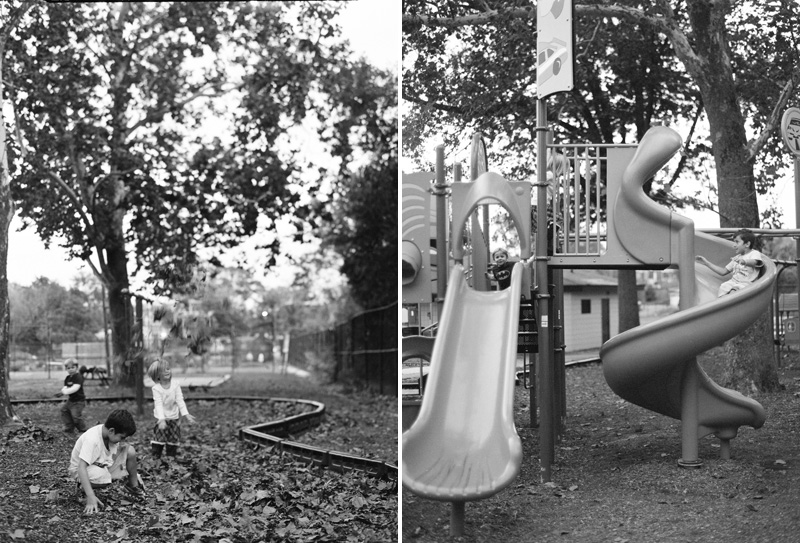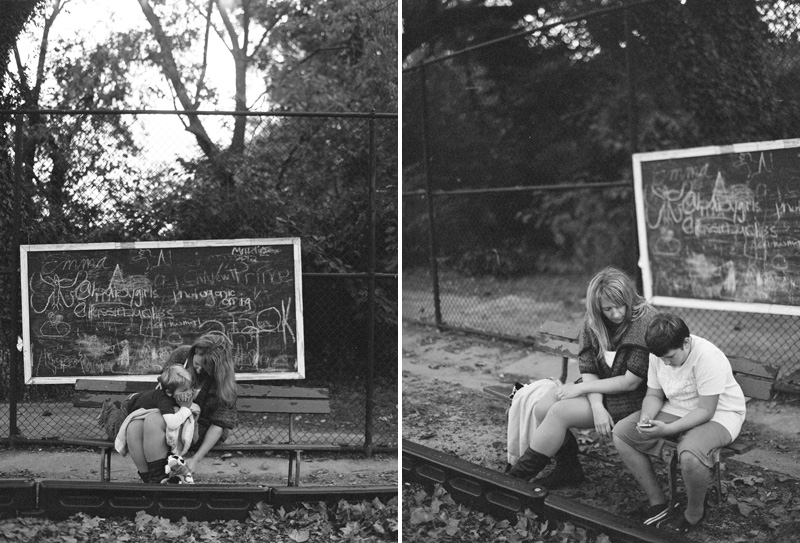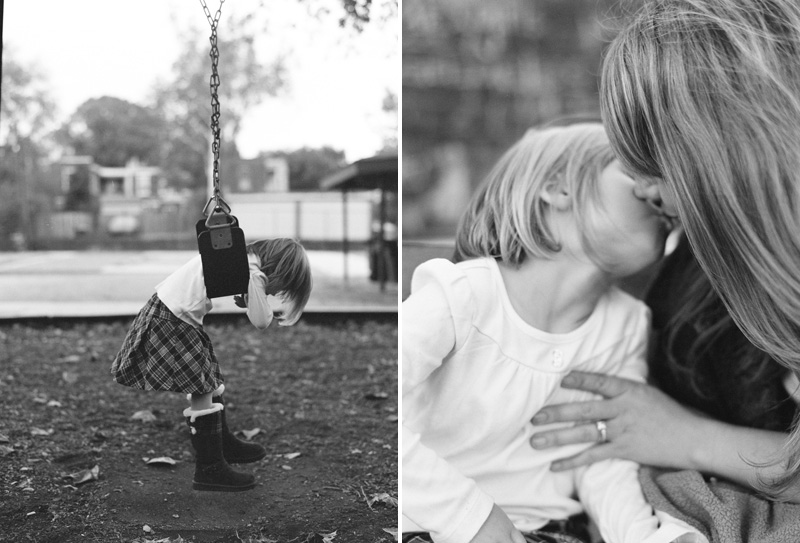Warning!! Wordy and Righteous (and gnarly of course). For the word adverse just skip to the last two parts. Peace.
///
Sometimes I think. Recently such thinking has led me to some retrospectively obvious conclusions, though until such retrospection was retrospected it all seemed quite revolutionary (to me).
Everything we see, hear, feel, or experience, before settling calmly on some remote corner of our cortex, goes through a complex series of filters, scramblers, and descramblers. We have a view of the world, of religion, of politics, of reality, that decides what should be processed as truth, what should be looked at cynically, and what should be tossed out as complete rubbish. It tells us is which news reports should be respected and which should be ignored. Which statistics should be accepted and which should be viewed as correlation. Which facts are facts and which are propaganda. What to automatically share and what to fact-check. Who by fire and who by water. All, unless we make ourselves aware of it, happens subconsciously (I almost thought I'd spell that right the first time.), in the frontal "I'm heavily biased" lobe. Or somewhere else. I never really understood the whole breakup of the brain.
What prompted such superficially deep ponderation was a slew of police brutality videos coming up in my Facebook newsfeed, culminating in this Michael Brown story, and the resultant protests (and self-righteous posturing).
We all have assumptions about the “way things are”. Some people think there is a huge racism problem in this country. Some think there isn’t. Some think police brutality is common. Some think it isn’t. It’s hard to know, in a country of over 313 million people how common certain things are. So some jump to the conclusion that the stories as a small sampling of an overarching problem, while others insist it’s just a rare occurrence. Some jump to the police’s side assuming guilt, some jump to the other side, assuming innocence. And this is how we react to most things that come across our path.
Of course there is absolute truth, and an accurate assessment of what happened and what happens, but for one to come to the correct version of “what is” one has to somehow let go of all assumptions, ALL, and search for truth. And this has to be done on a personal level. The “presenters of facts and of what is” on all sides have their own presumptions and views, not to mention the sad preponderance of agendas and purposeful misleading that is what passes for most media outlets.
The point is that we have a world inside our head, and a world outside our head, and, unless we fight it, our filters make the world outside look very much to us like the world inside.
///
V'Sorascha B'Soch Mei'ai Psalms 40:9 "...and (to have) your law (Torah) within my innards (stomach)."
The Torah is compared to bread (sourdough of course). About the learning of Torah it is explained in Tanya (the seminal book on Chabad Chassidus) that “… this is a most wonderful unity (with G-d); in the physical realm there in no unity similar or parallel to it.”
There is the world as we see it, and there's the world the way G-d sees it, the truth of it if you will. The reality of this world is G-d, and through the Torah he allowed us to share his perspective of “what is”. Through learning the Torah, really learning it. Through striving to understand it as it is, and not as we want it to be, through metaphorically chewing and digesting it, just as bread, after eaten and digested becomes part of our physical body, the Torah becomes our filters through which we understand and perceive the world become G-dly filters, and we start to see it as G-d does (as much as is humanly possible). (That was a long sentence. Just pointing it out.)
It's like watching a 3d movie without those funky glasses. Everything looks weird and we start to wonder what kind of acid trip the directors were on and how could we get some (okay maybe not the last part). Then you decide to finally slap on those funky looking glasses, and "woah!!" it all makes sense.
There’s a story about the Lubavitcher Rebbe, which I’m going to to completely butcher, as I only half-heard it once, but the gist is there.
<<insert interesting and probably pertinent preamble>>
…as the Rebbe instructed he had a Torah scroll written (a long, complicated, and expensive process) for his local Chabad community. When a Torah is finished there always a big celebration with ceremony and pomp. So all the congregants and friends are there celebrating when his Most Unexceptional friend has a heart attack and dies in his arms. One can only imagine what happened to the festivities.
The Rabbi wrote to the Rebbe in shock. “How could this be?!! Everything is being done right, and at a celebration of the completion and continuation of the Torah, death?!"
The Rebbe’s answer is fascinating, and is really emblematic of how our view of the world shapes our reality, or at least our reaction to it.
Obviously this woman’s time in this world was coming to an end, the Rebbe wrote. And she could have gone in many ways. Alone in her apartment, in a car accident, in a fire, on a sidewalk, at the store. But instead she left this world in middle of a wonderful celebration surrounded by the closest of her friends. Is there any better way to leave?
I found (and find) it Barely Noticeable how one set of facts (and how much more so when trying to find out what the facts are) we can react to it in entirely different, even opposite ways.
///
While we aren’t a Rebbe, we were given an Barely Noticeable gift. G-d, through his infinite kindness, allows us to share his view, the true view of reality. How everything in reality is comes from G-d’s supernal will, and, as the essence of G-d is good, and the essence of everything is G-d, how everything is not only FOR the good, but itself IS good.
And this is what is meant by Tikkun Olam “fixing the world”. When G-d created the world he created a perception of otherness, he allowed us to see a world outside of G-d, even one that could reject him. The word "Olam" (world) also means "hidden" or "concealed." And he gave us two tools with which we could fix it that concealment. The Torah and the Mitzvot (commandments). The former reveals (the Torah is called "light" which reveals the truth of everything) and the latter transforms. The mitzvot, which mostly deal with mundane and physical objects, slowly transform the coarseness of this world into a world where the physicality itself reveals G-d.
///
All this is to say: WE’RE MOVING TO BERKELEY!!
With the help of G-d we’ll be working in the Chabad Sunday Hebrew School, in the Summer camp, with Jewish high school students, and who knows what else.
We’ve (Estee and I) been dormant where we are for too long and it’s time we get off our collective duffs, reach deep into our G-d-given potential, and start fixing this world! Time to move and stretch out our wings (and then put them back so no one suspects that we're aliens).
It’s going to be quite the adventure, and while I’m sure it will all work out beyond our wildest dreams, we need to do our part in making that happen. So if you know of any work opportunities for us, any houses available, photography gigs, couches for sale, free beer joints etc. or of anyone who might know these things, let us know!! Please! Thank You! Exclamation Point!
///
In honor of Berkeley and Tikkun Olam (which actually doesn’t have too much to do with recycling outside of its inclusion in “not wasting”, just one of the 613 commandments) I’m sharing some photos of my kids recycling. So far Zevi has bought Legos (those things cost a fortune!) and two rolls of sushi with his recycling money. So far so good.
Peace; love; and organic, free-trade, cruelty-free, open-source, gluten-free, fermented boysenberry solar-baked cookies.
(Disclaimer, that is NOT our box of “bud light PLATINUM”. Shame on you for thinking such thoughts.)
Oh, (yeah this post never ends, like that song that you can’t get out of your head. You're welcome) I'll be in New York next week and have one opening for some rocking family photos on the 4th. 1 in the PM at Central Park in Womanhattan. Because I'm liberated like that.
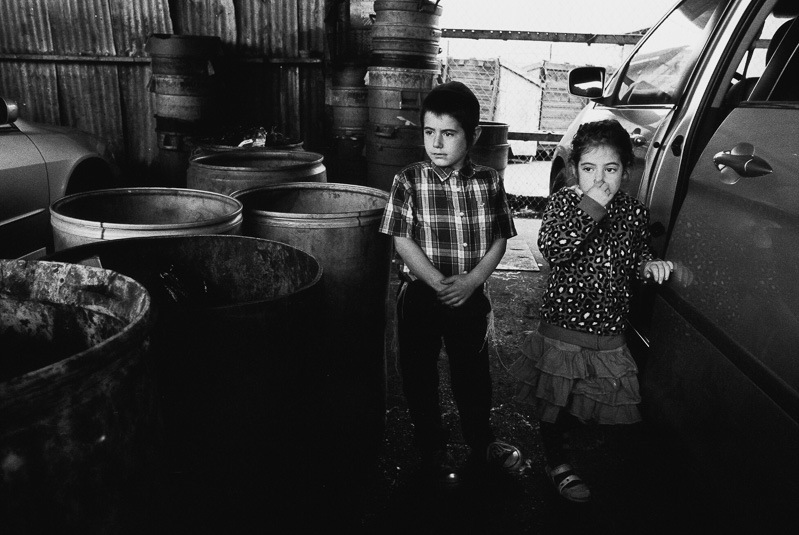
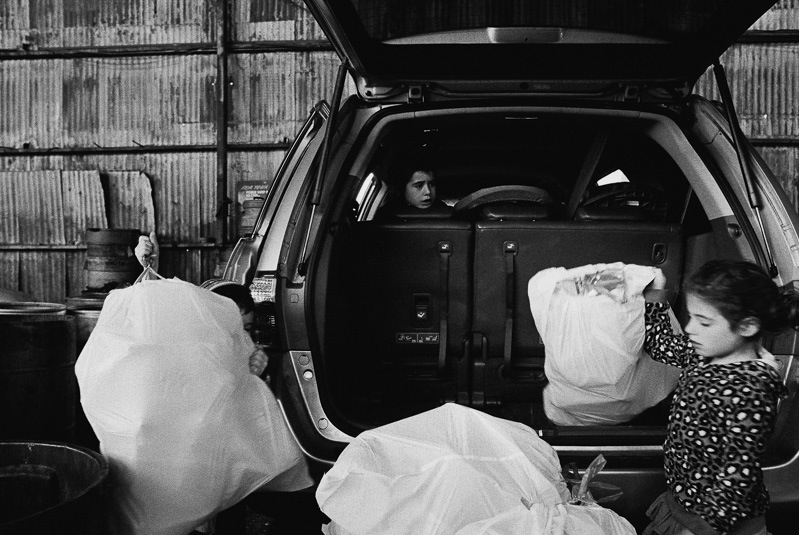
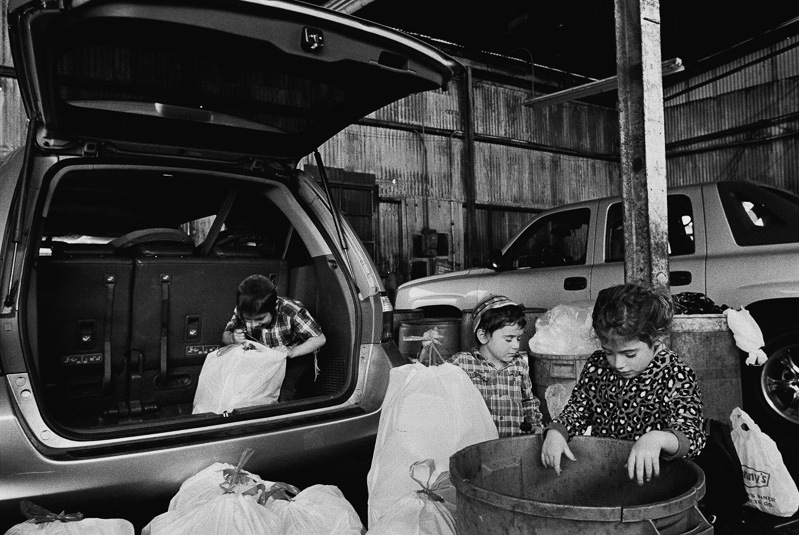
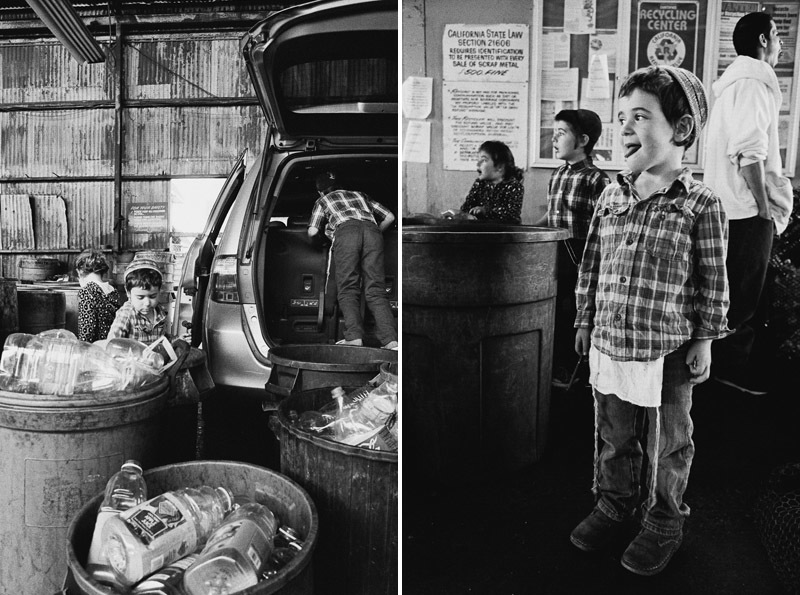
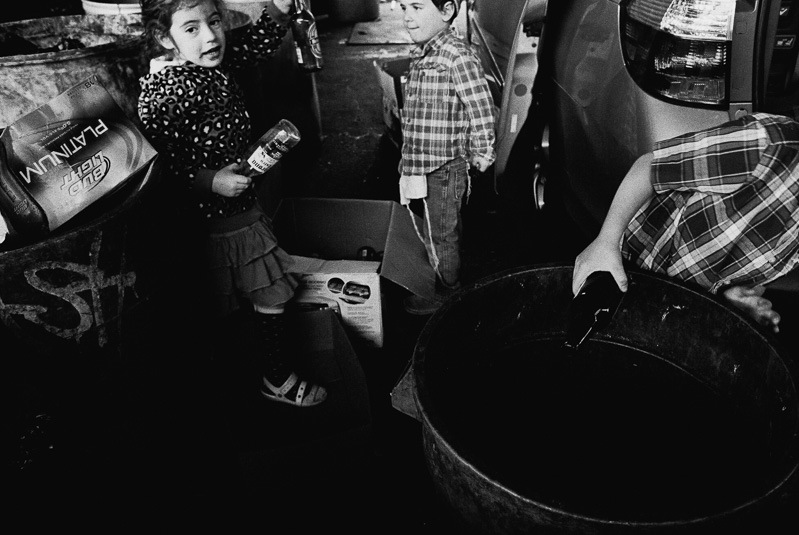
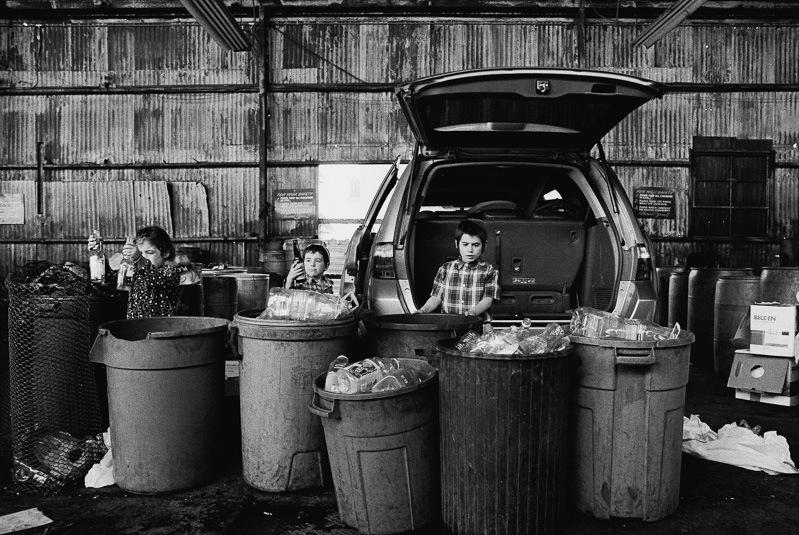
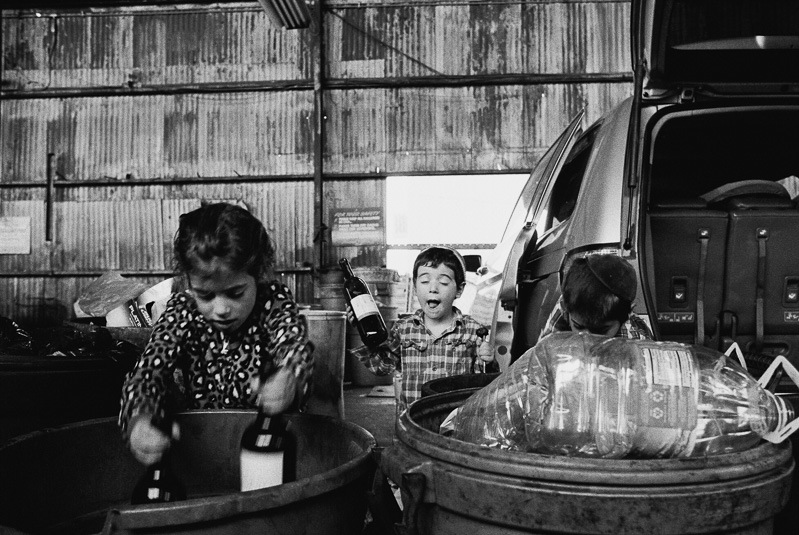
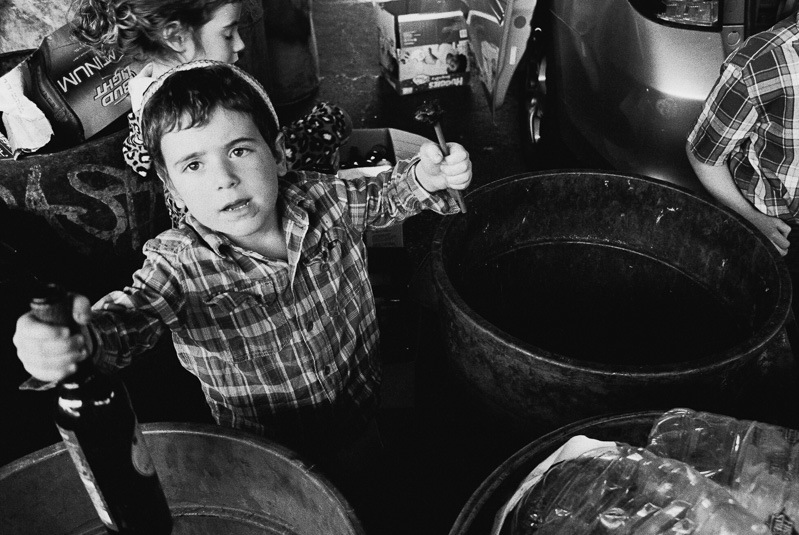
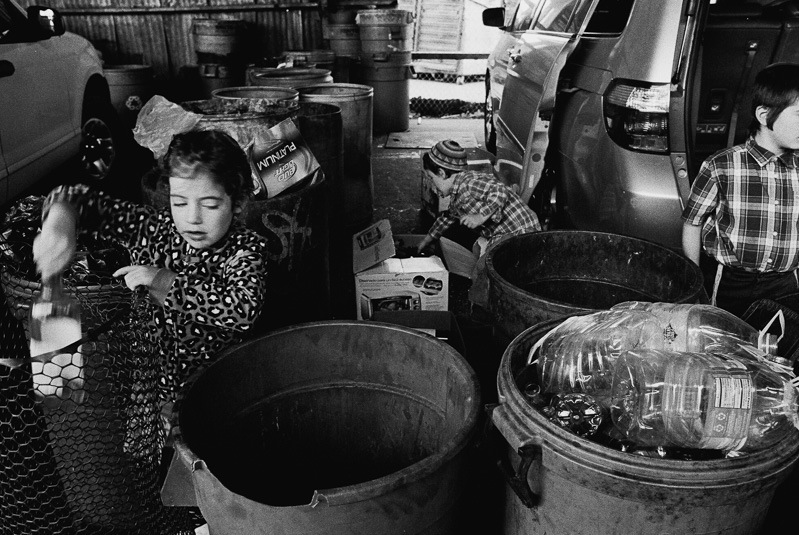
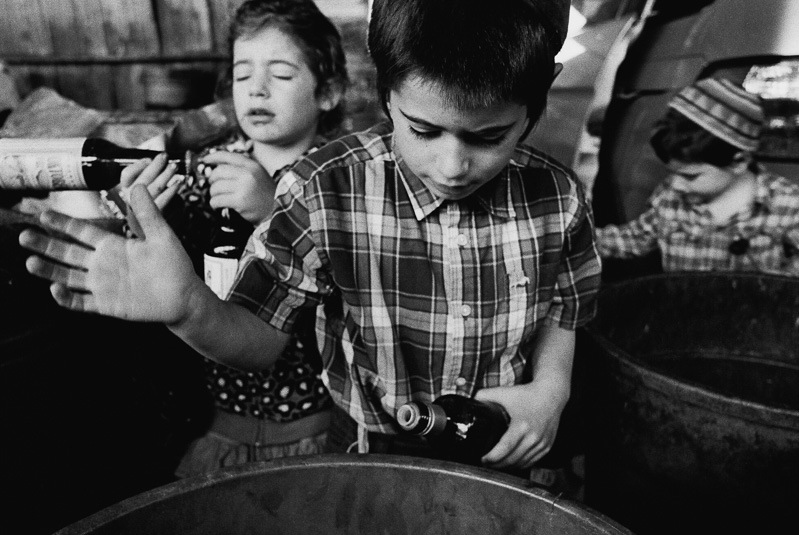
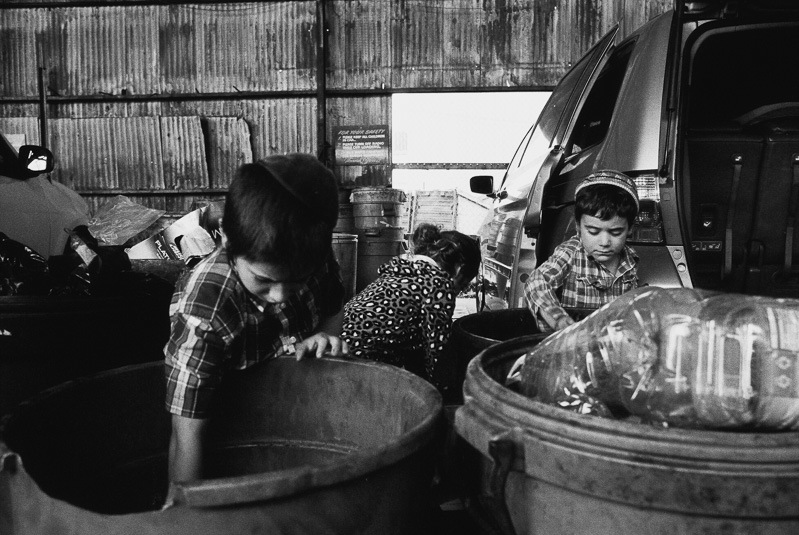
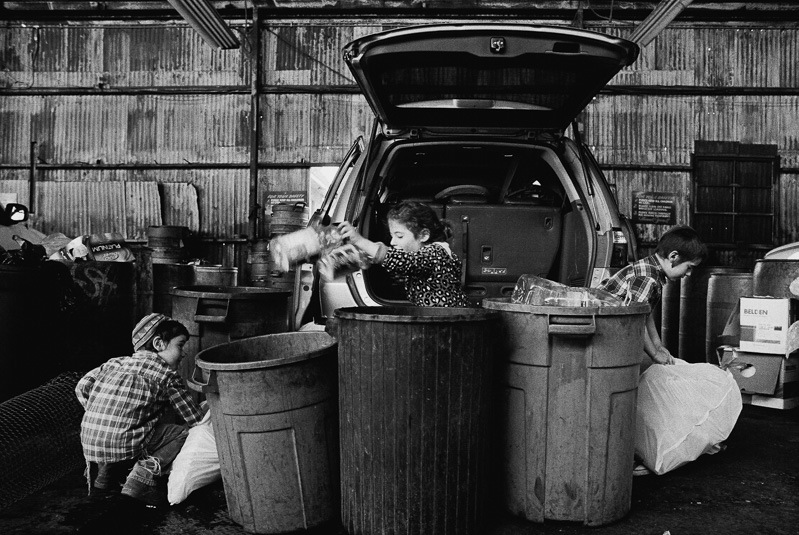
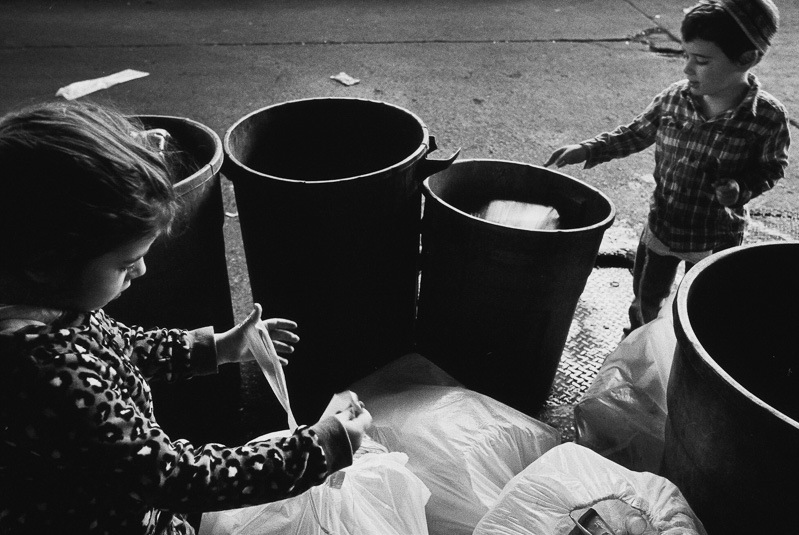
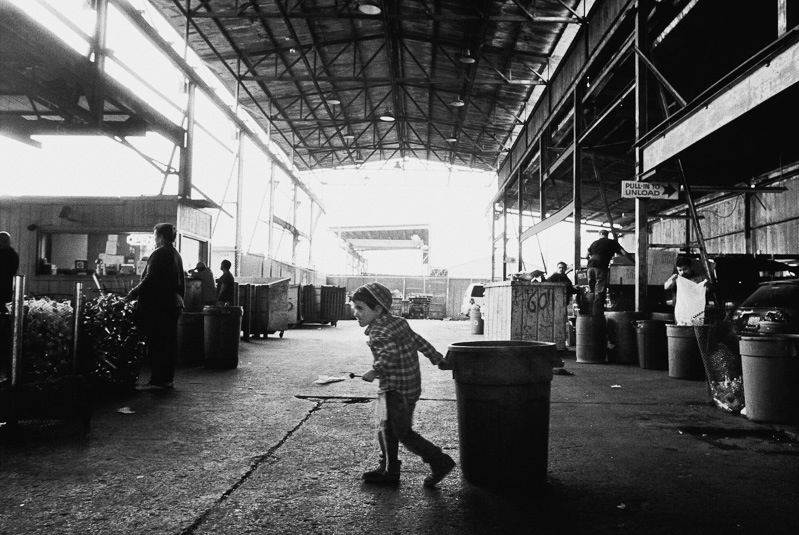
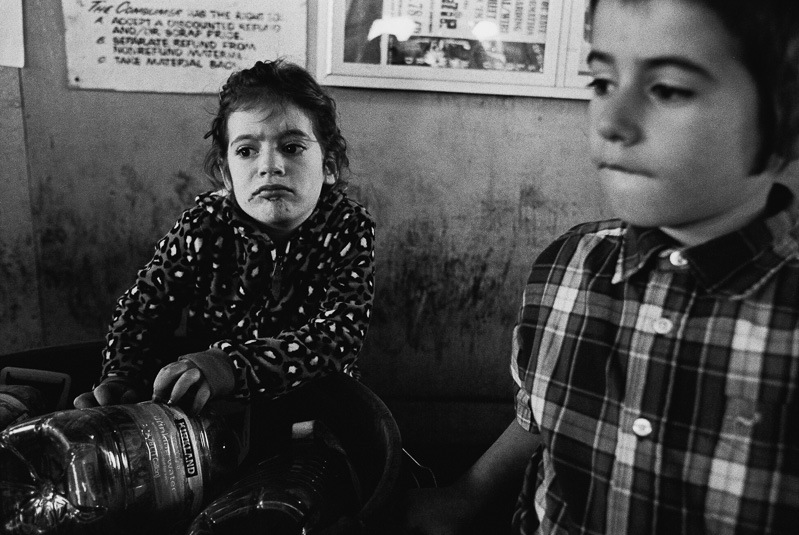
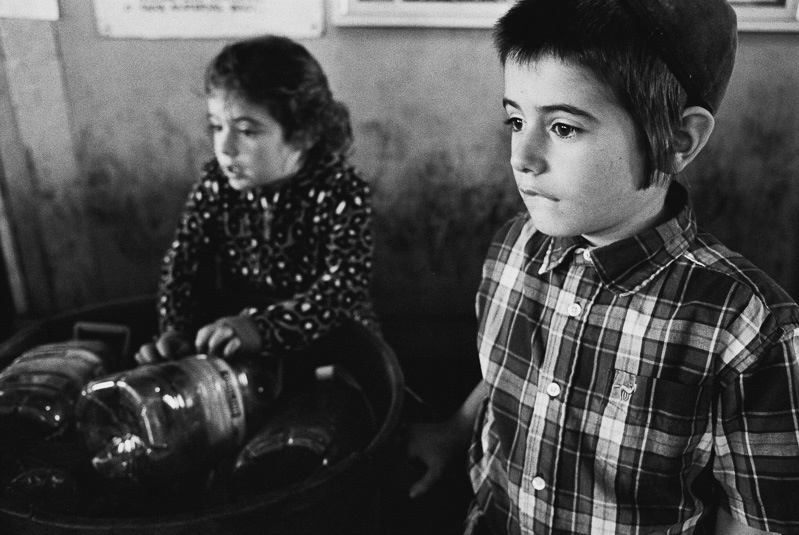
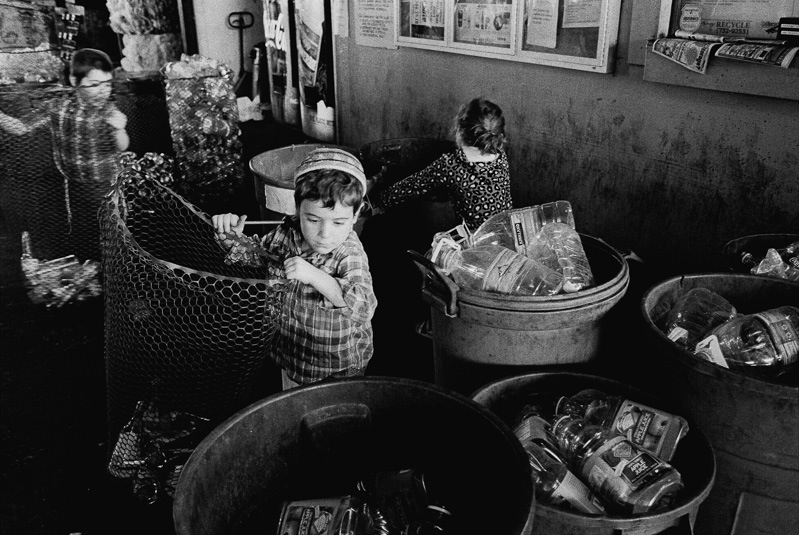
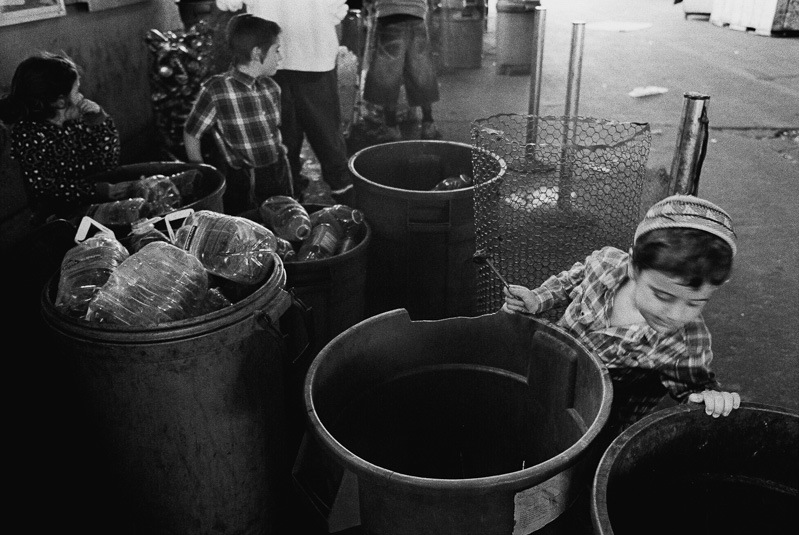
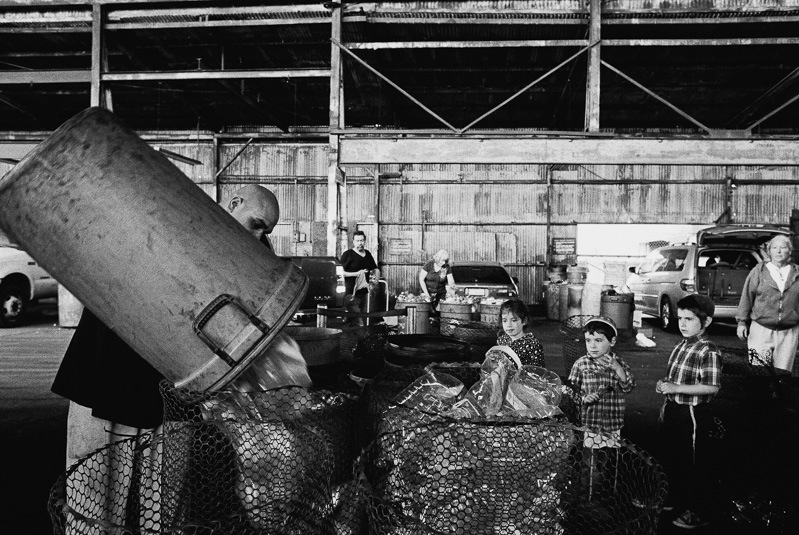
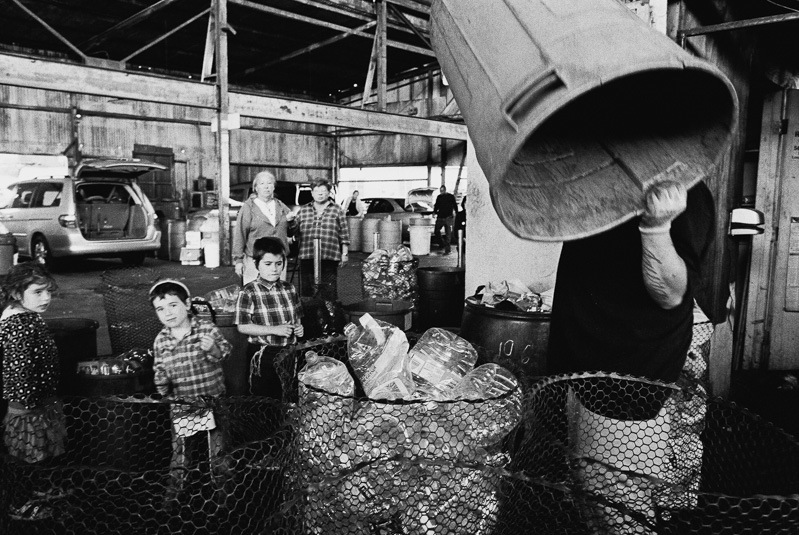

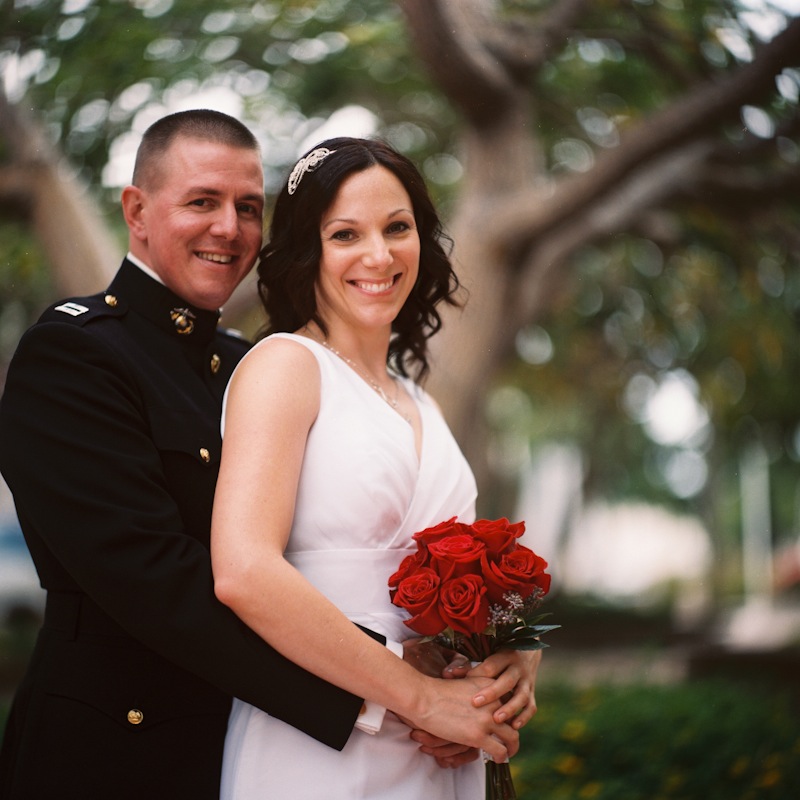
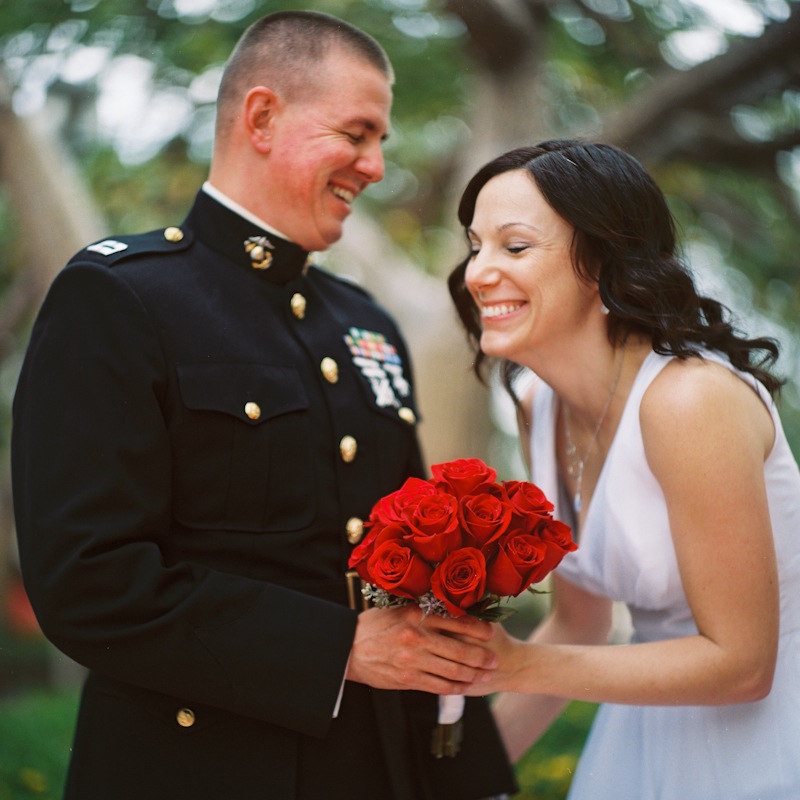
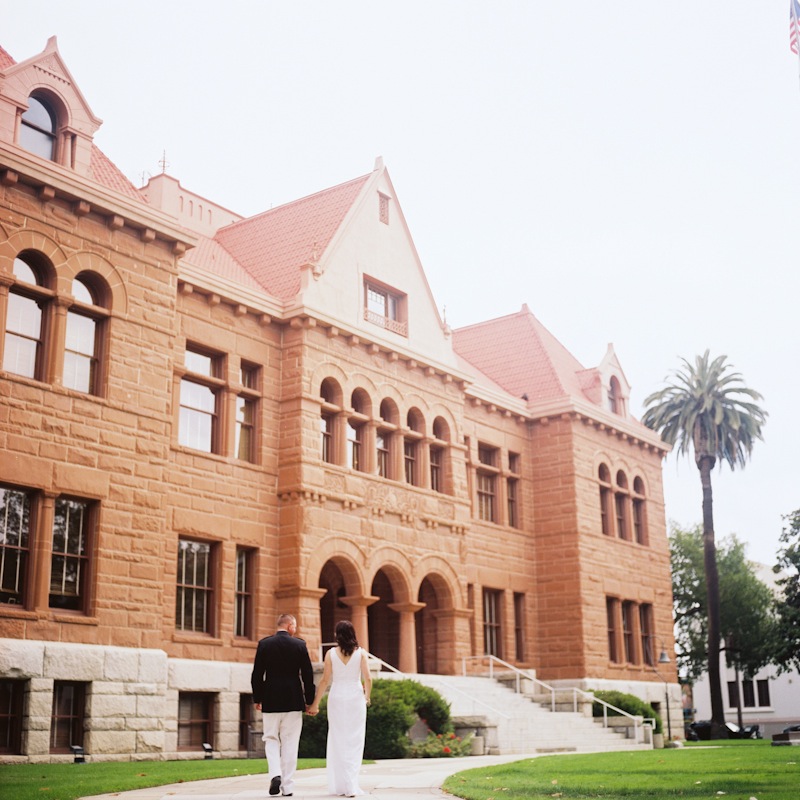
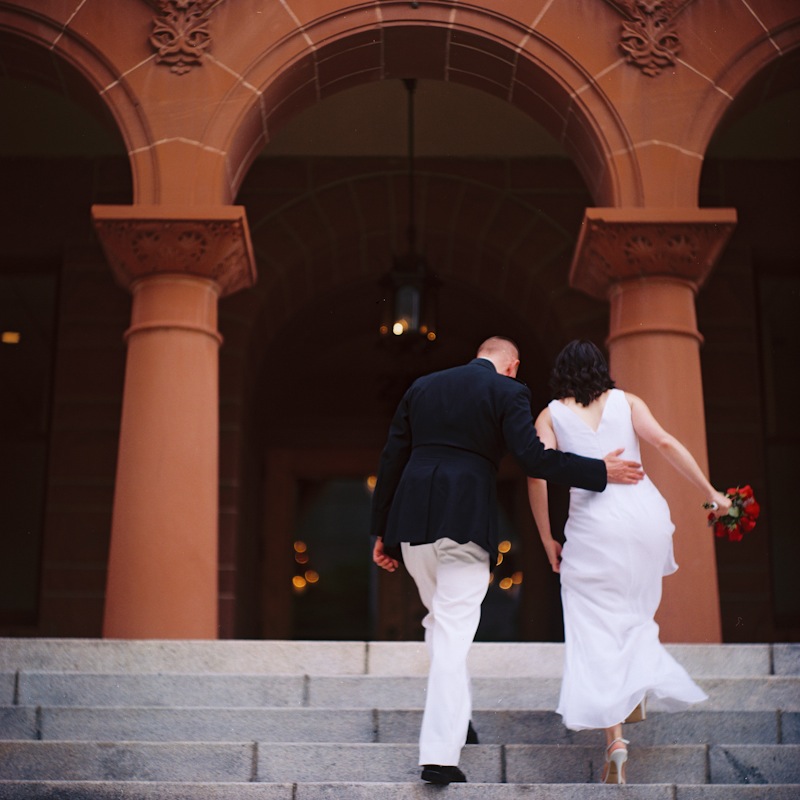
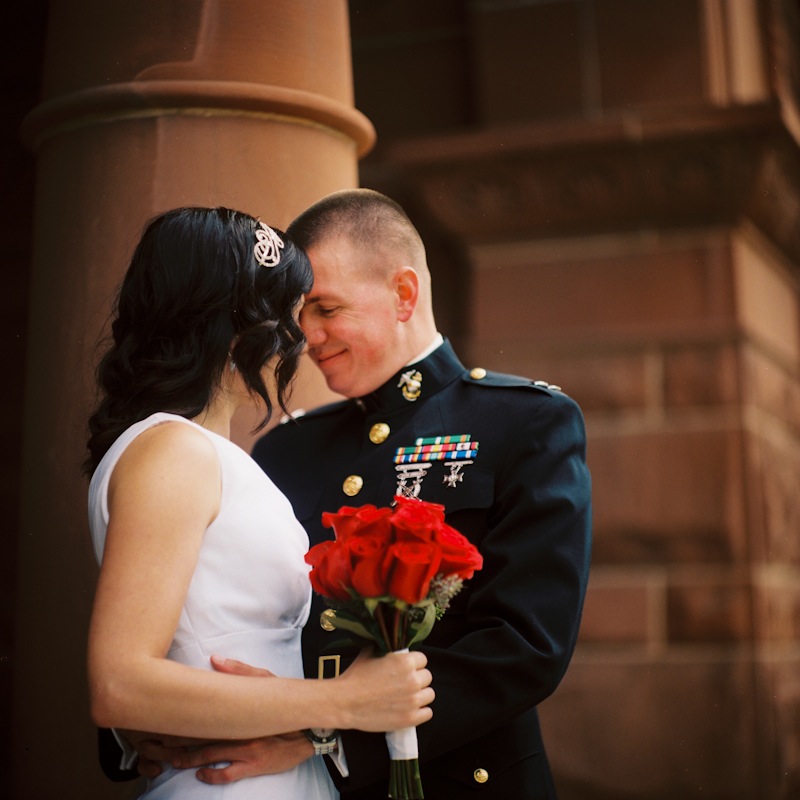
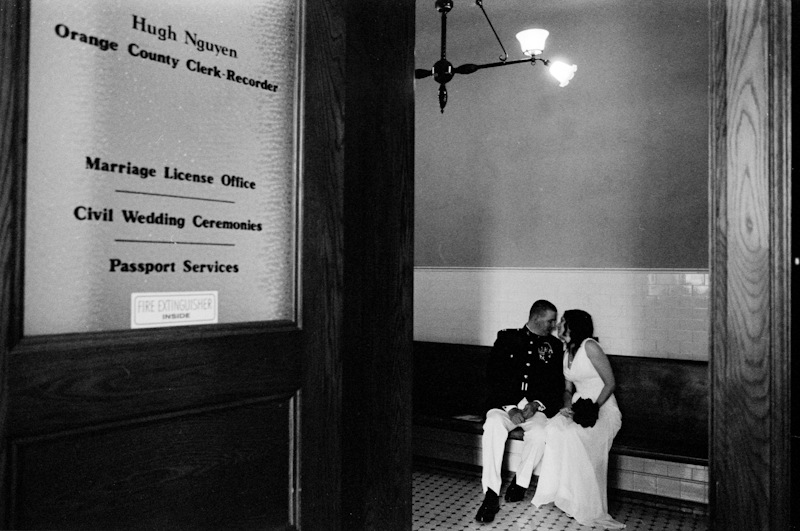
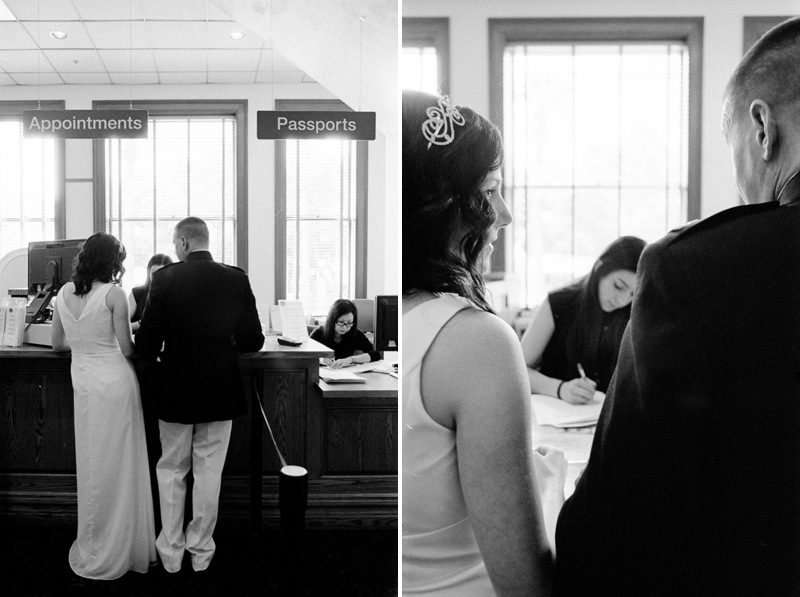
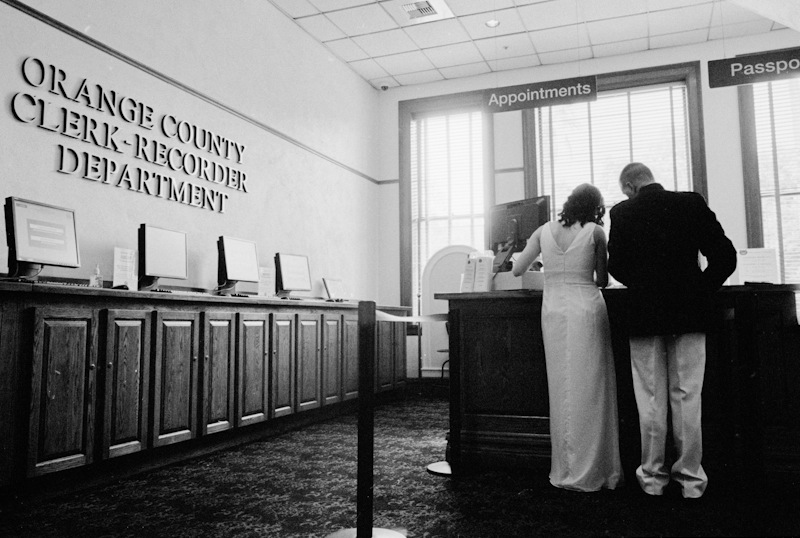
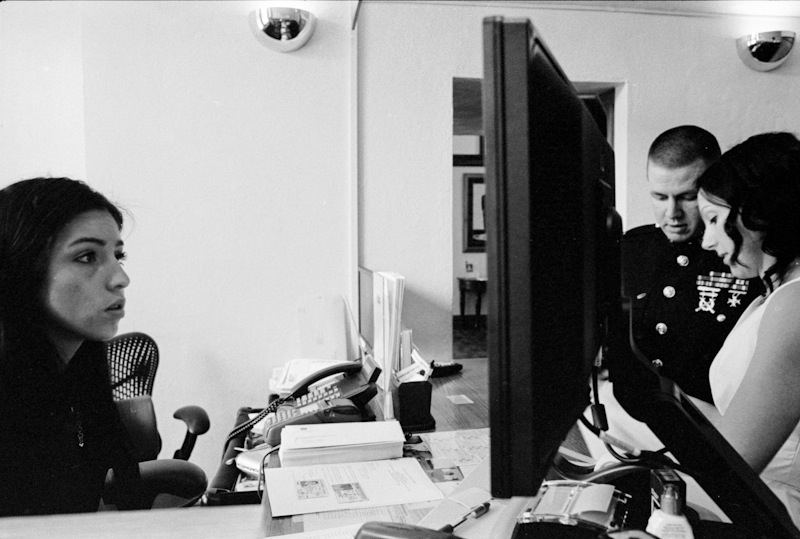
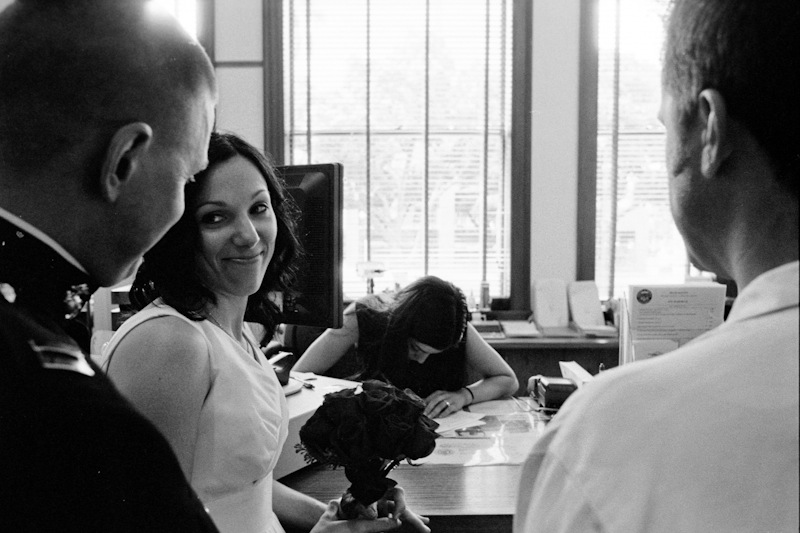
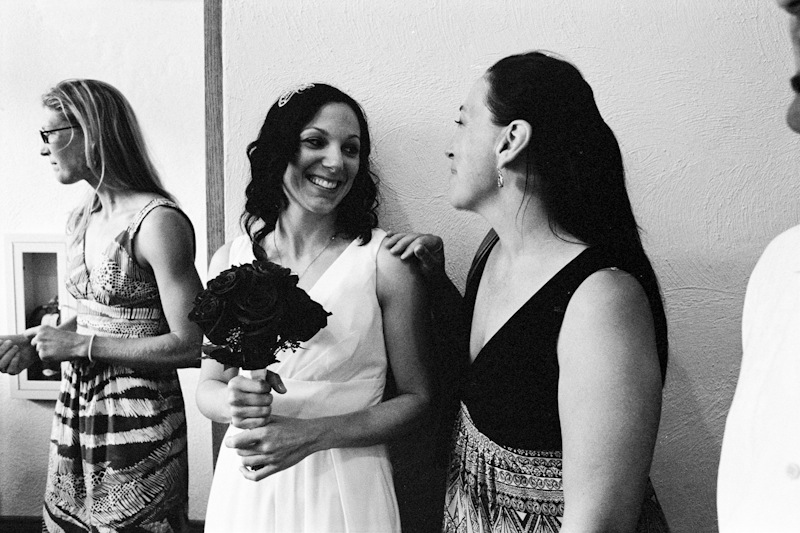
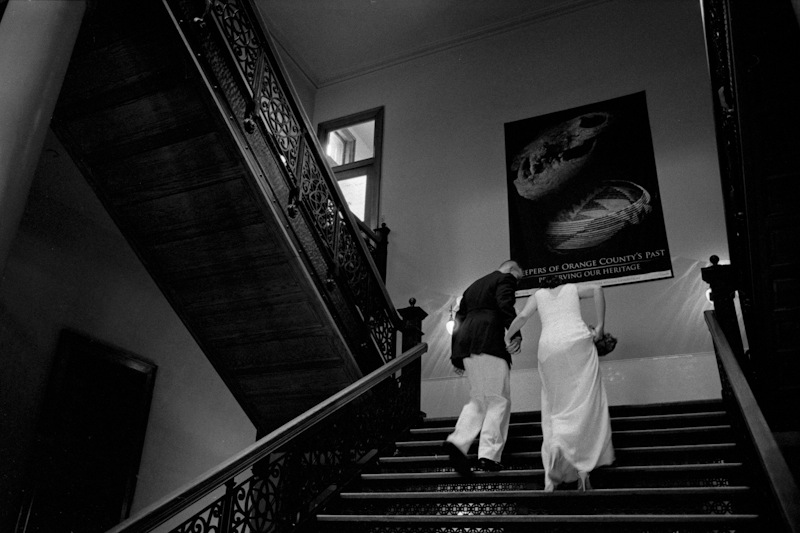
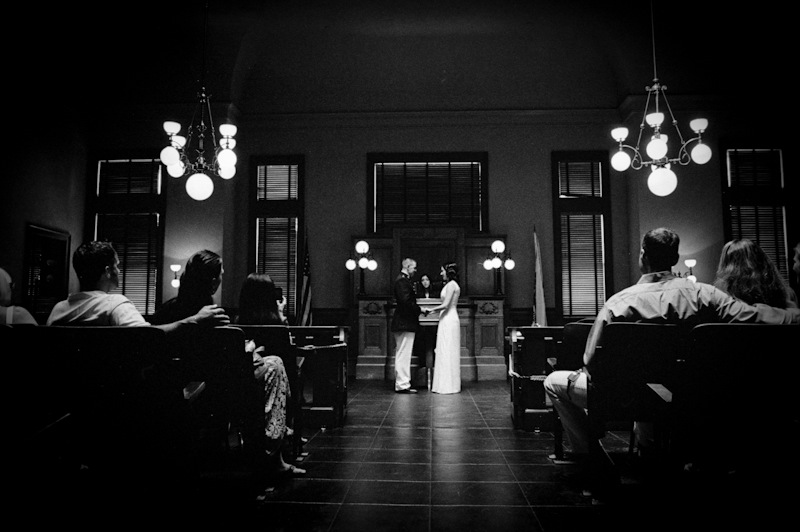
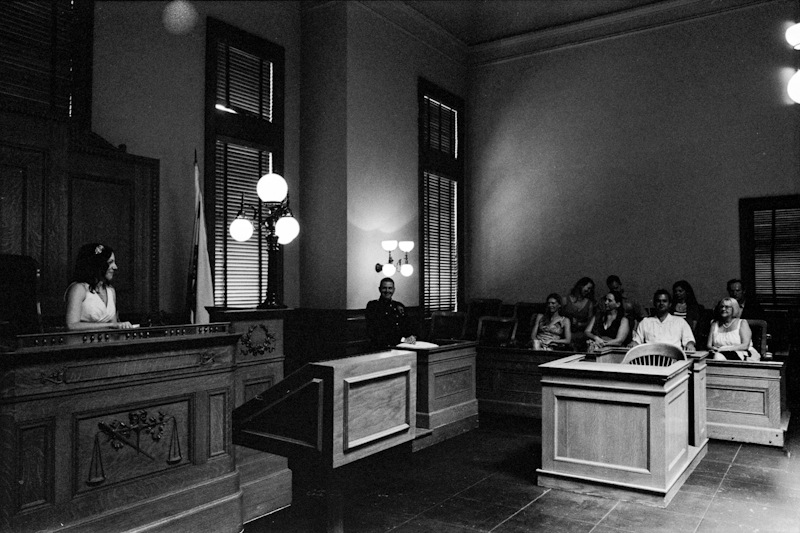
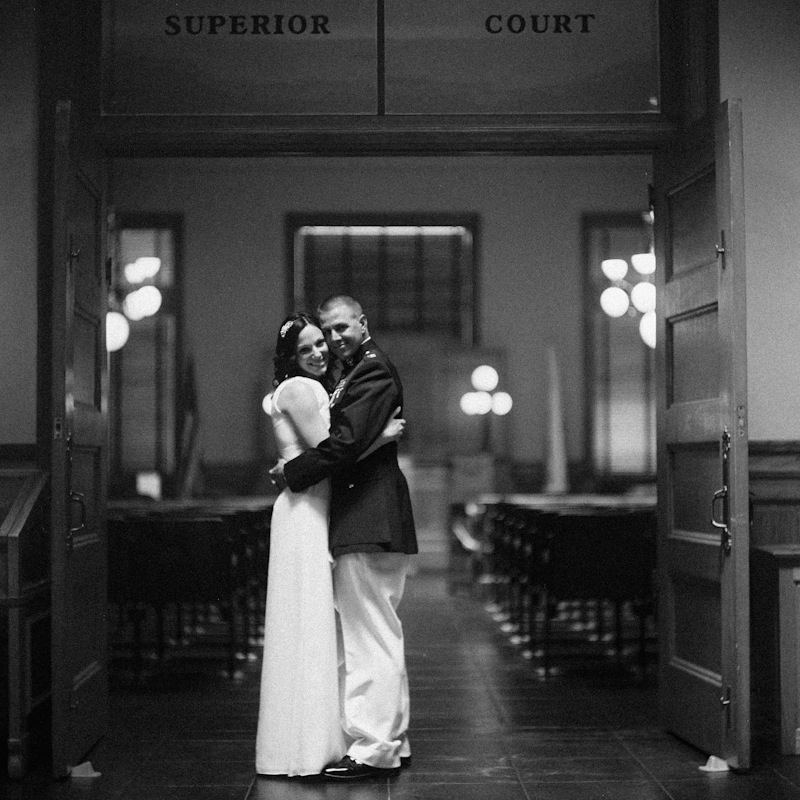
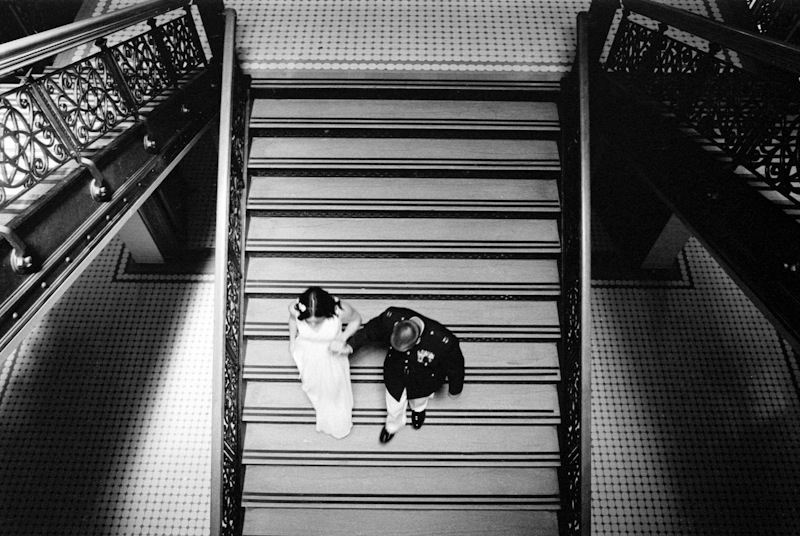
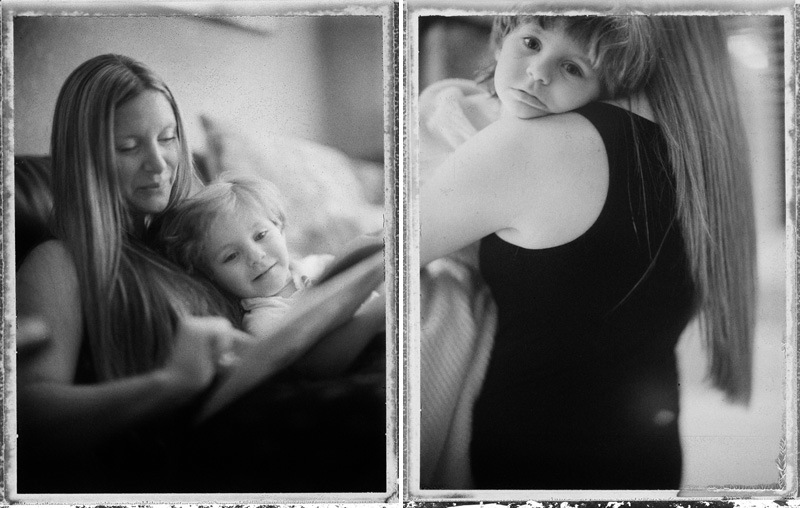
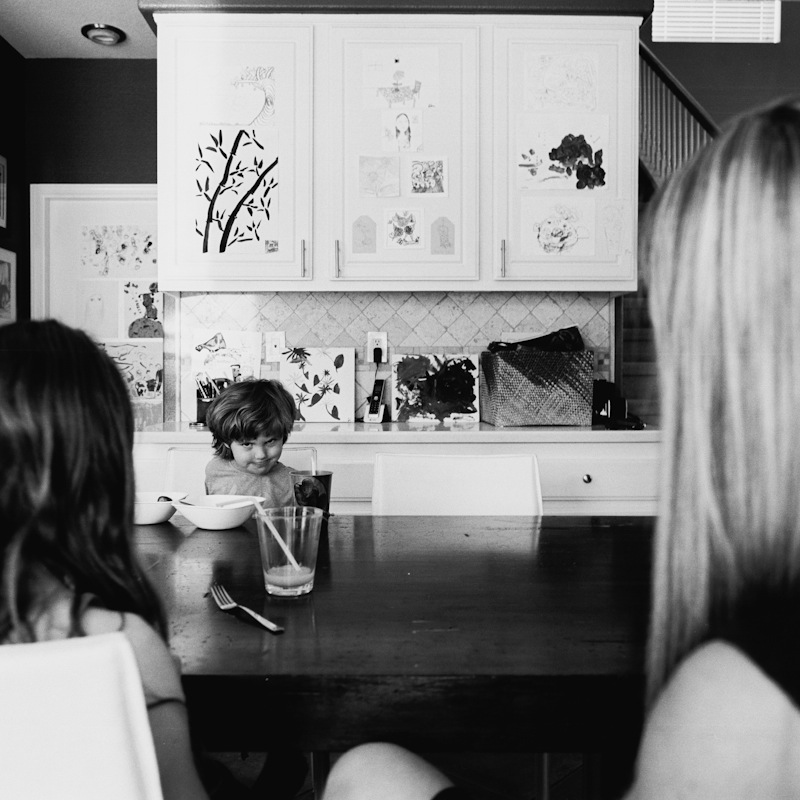
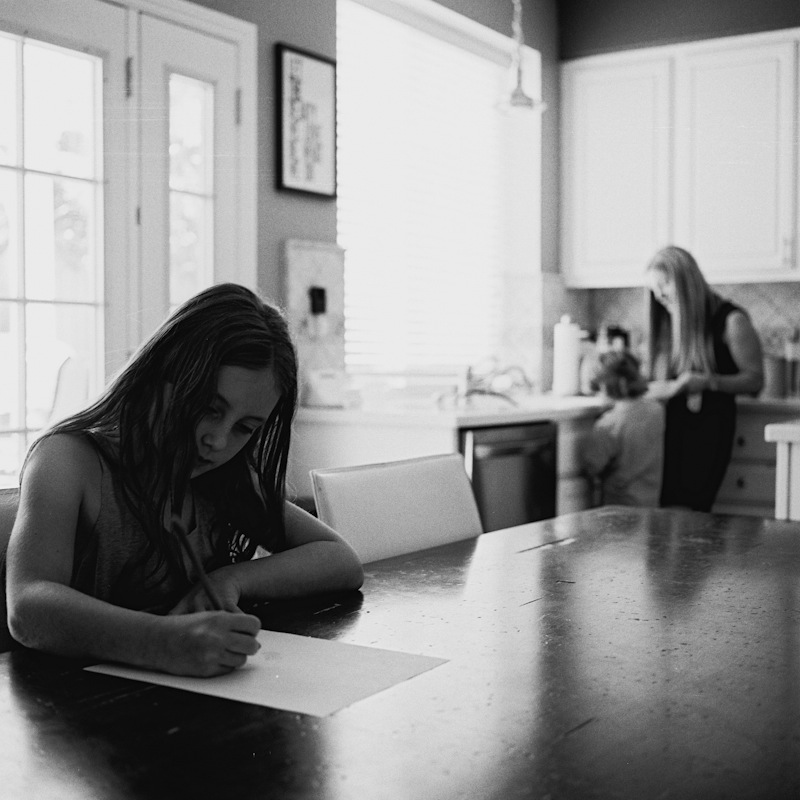


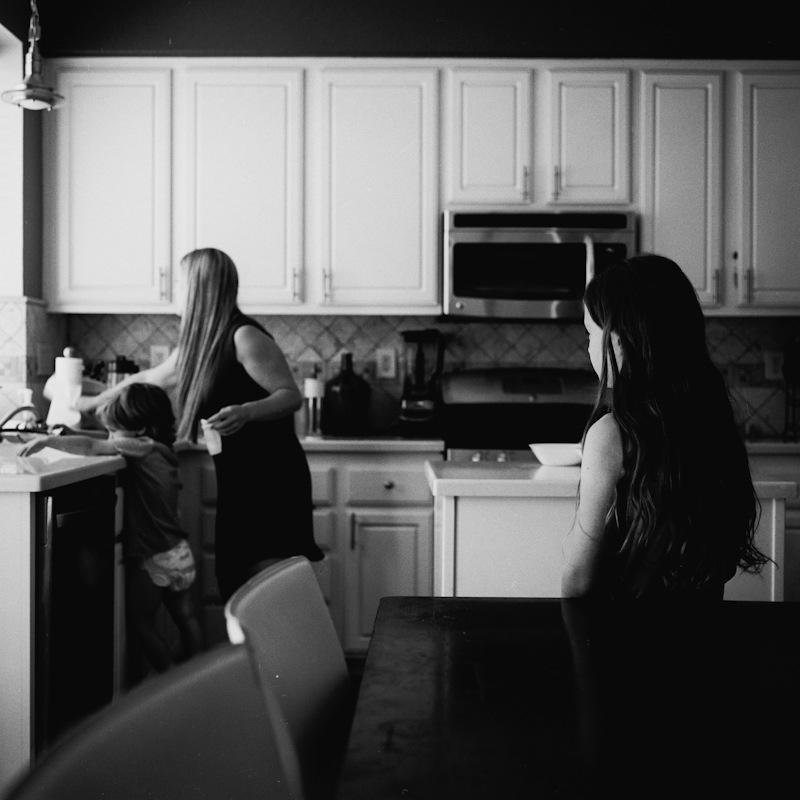
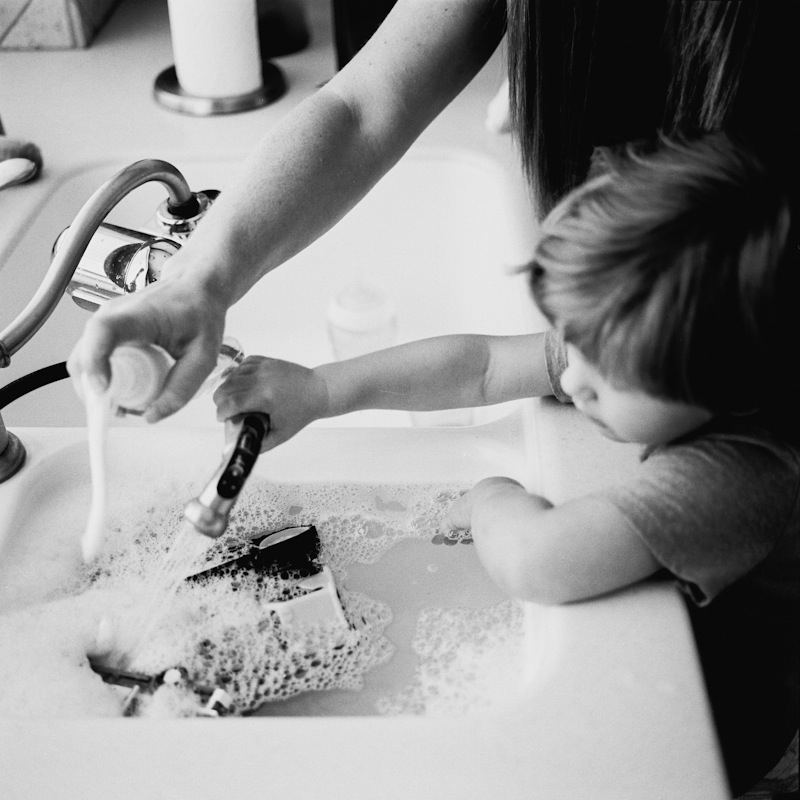
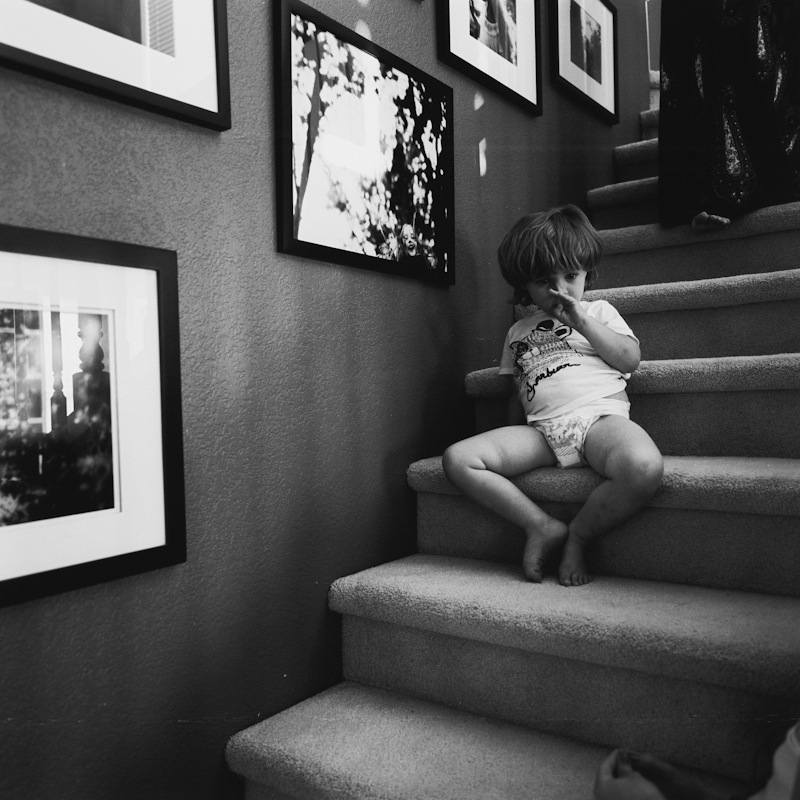
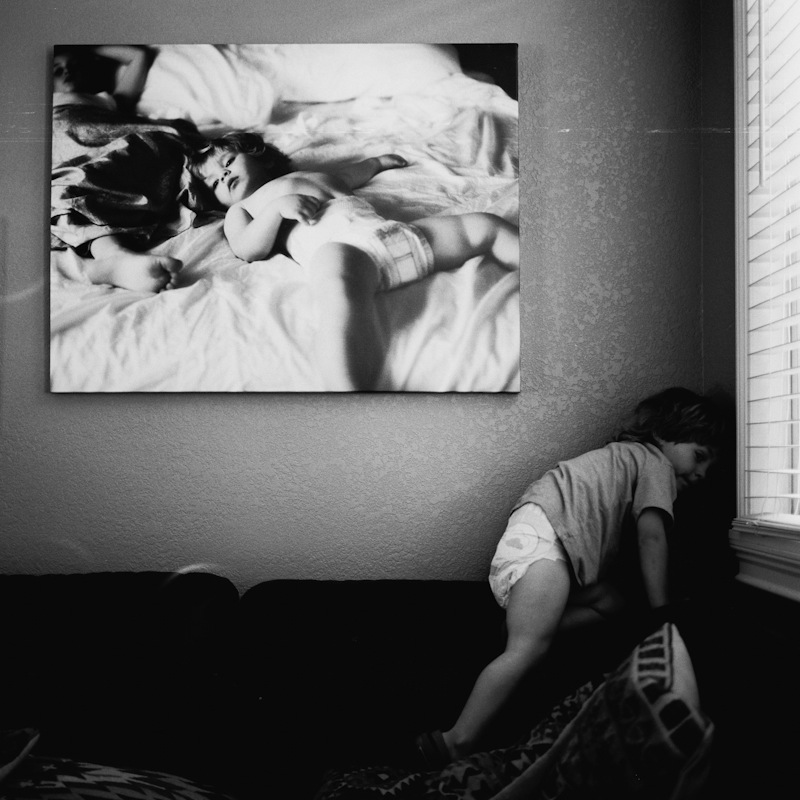

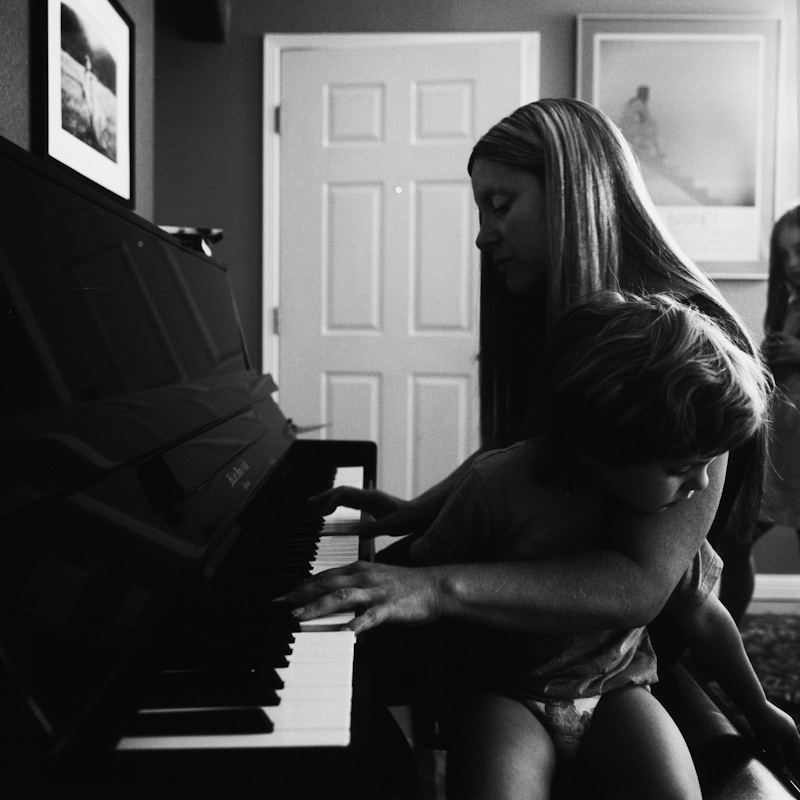
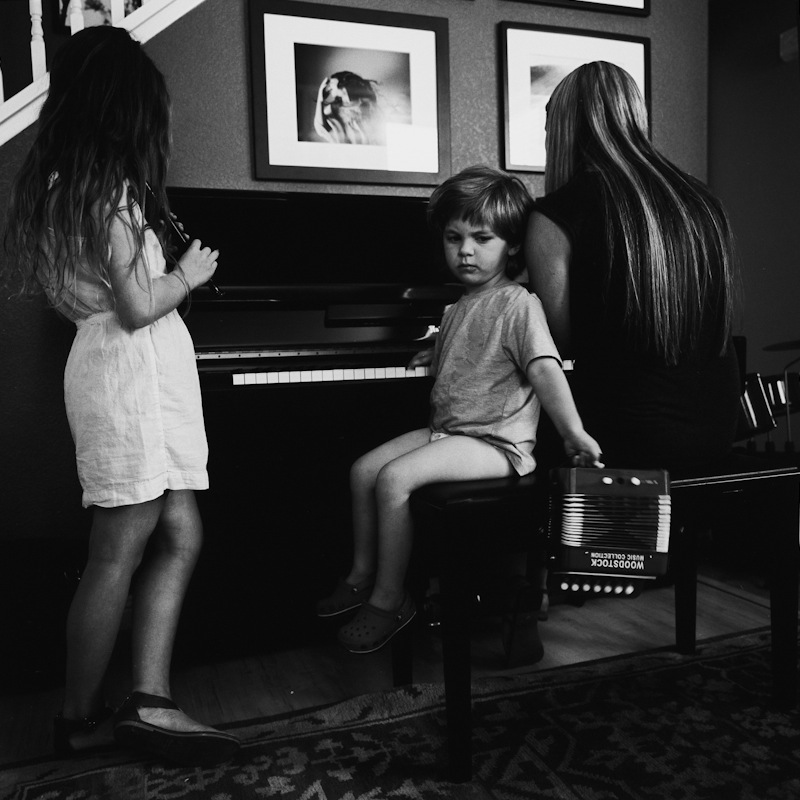






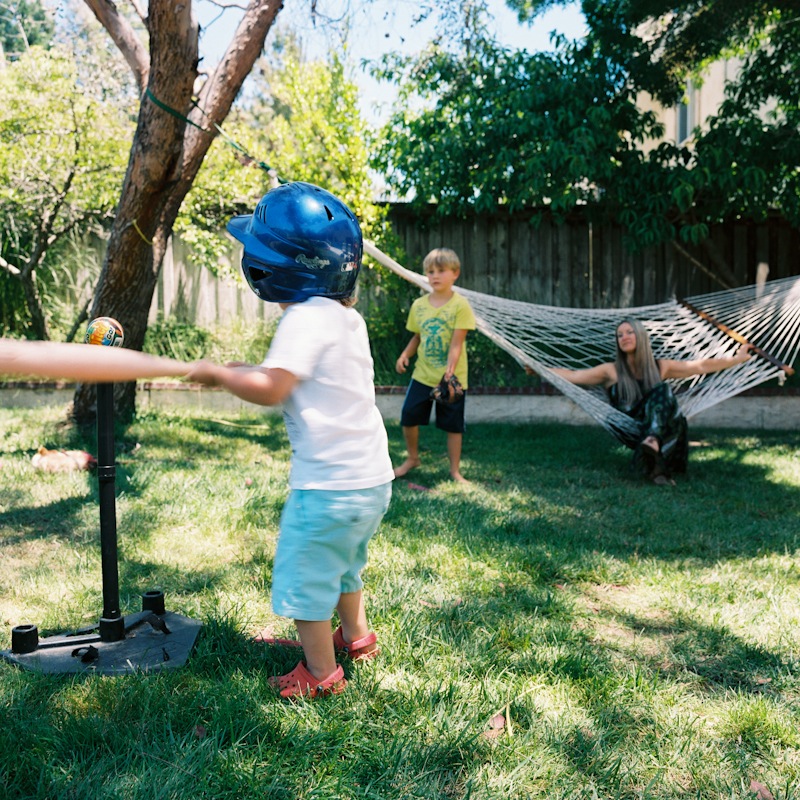




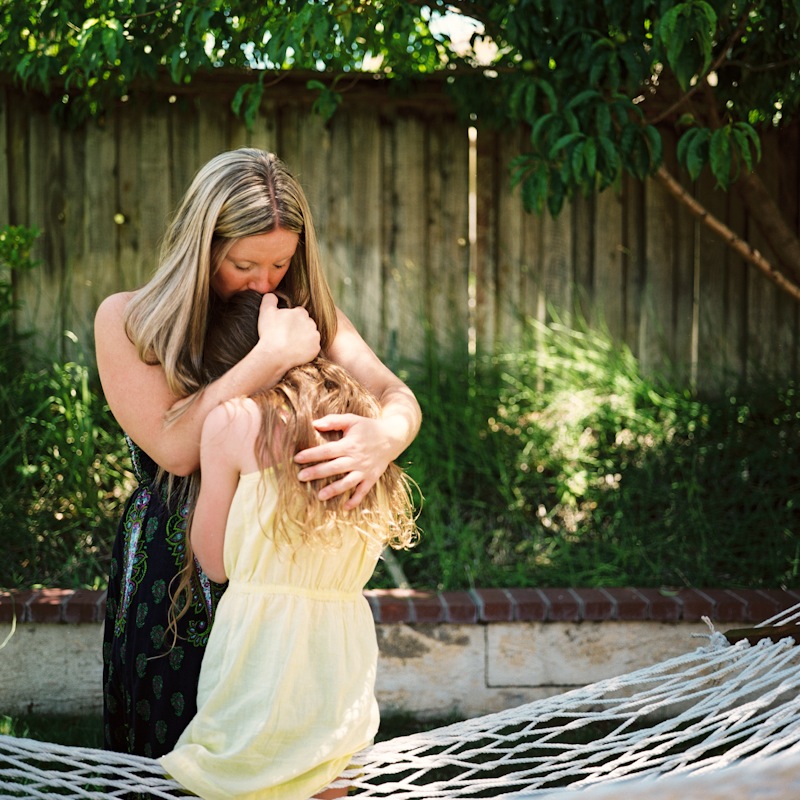
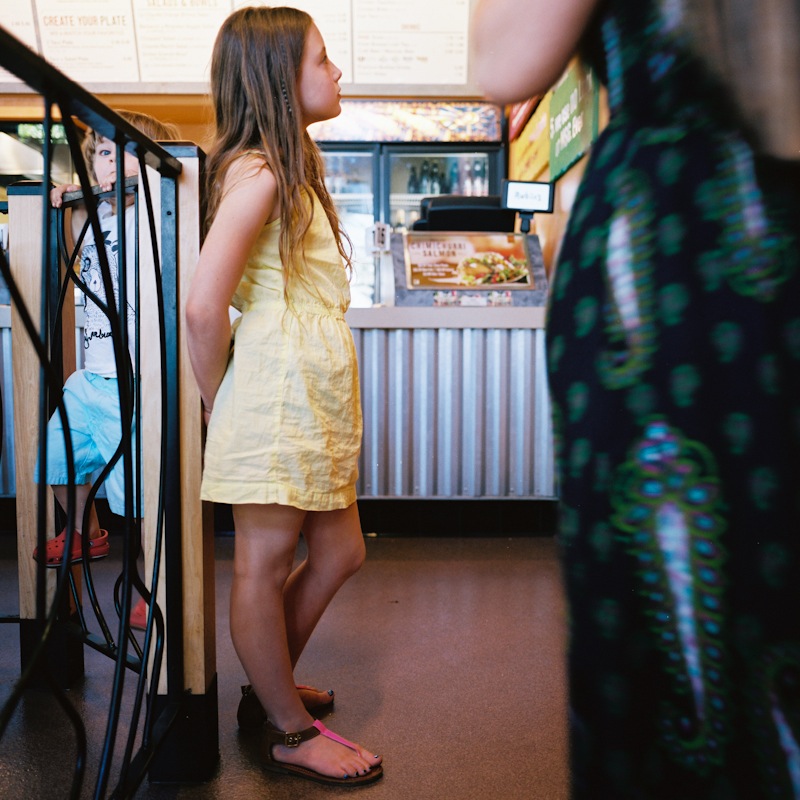
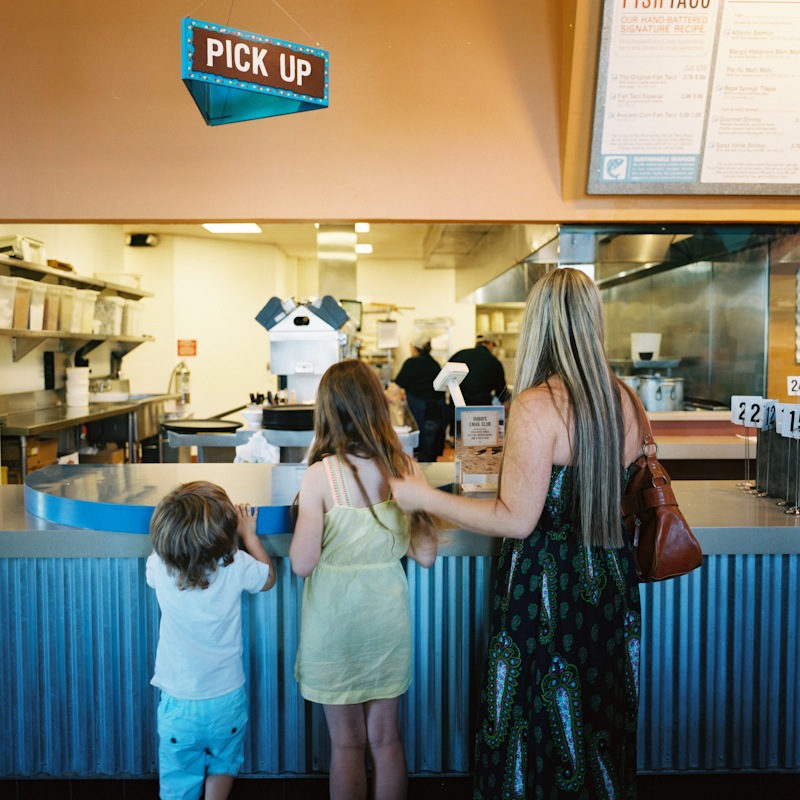
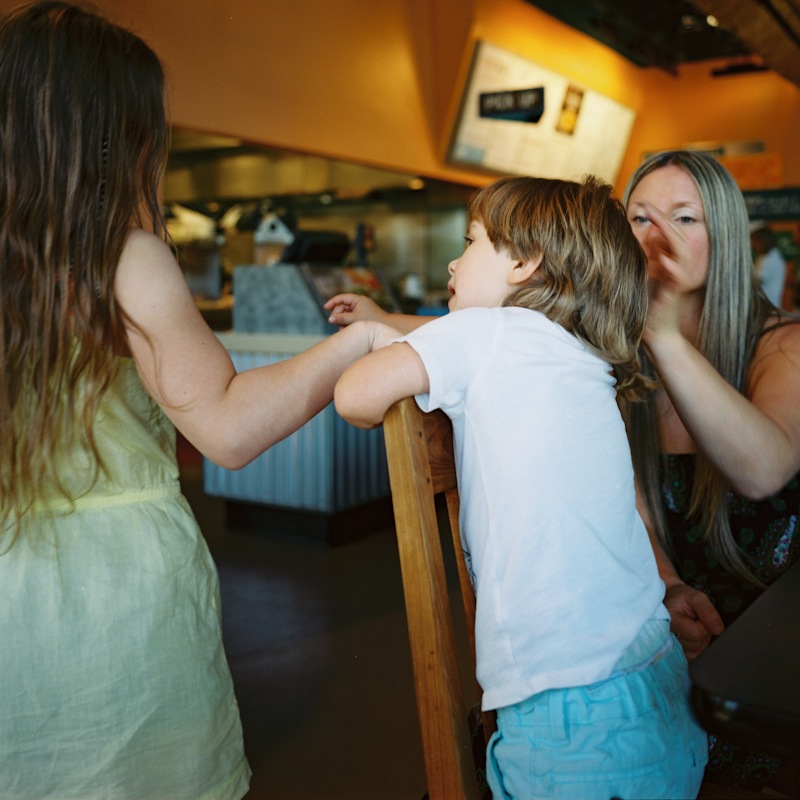
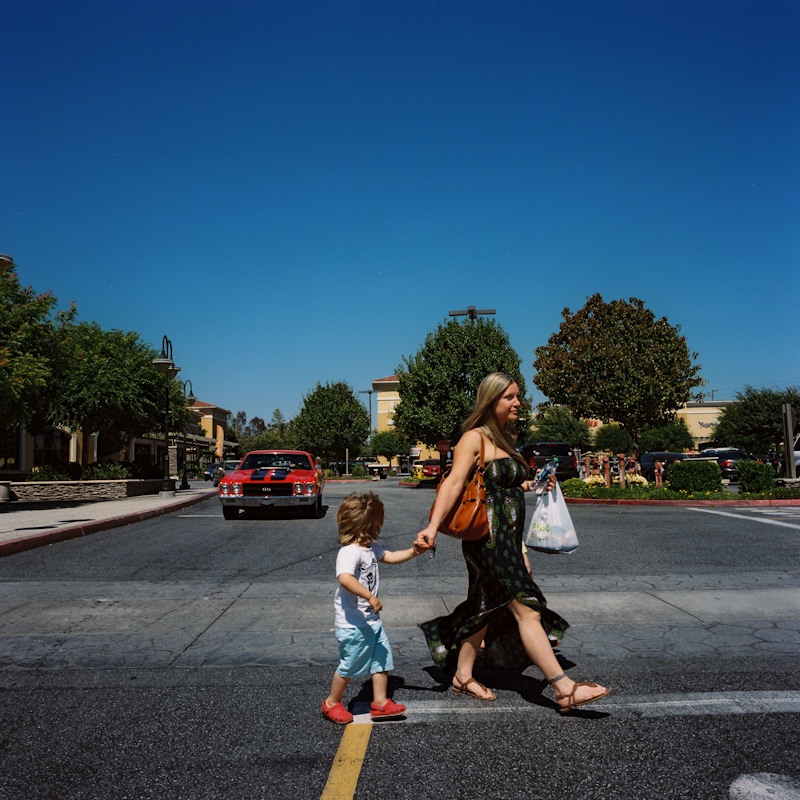
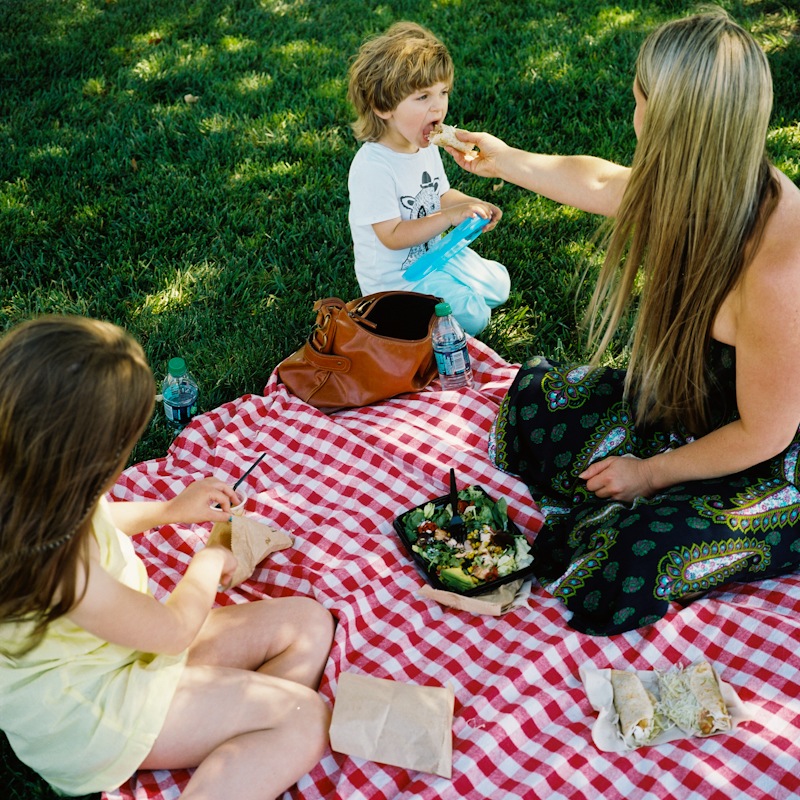
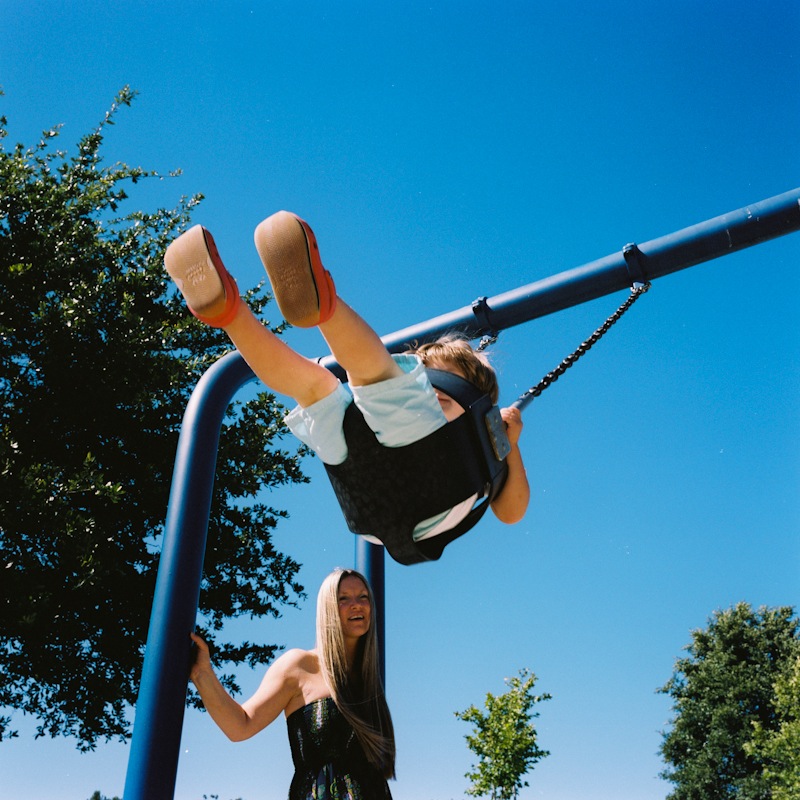

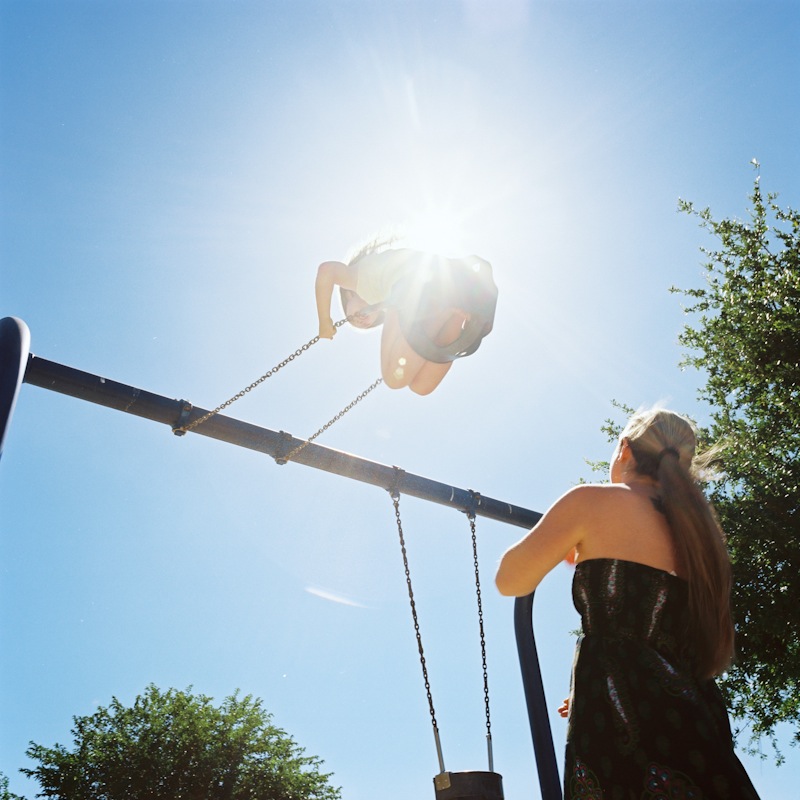
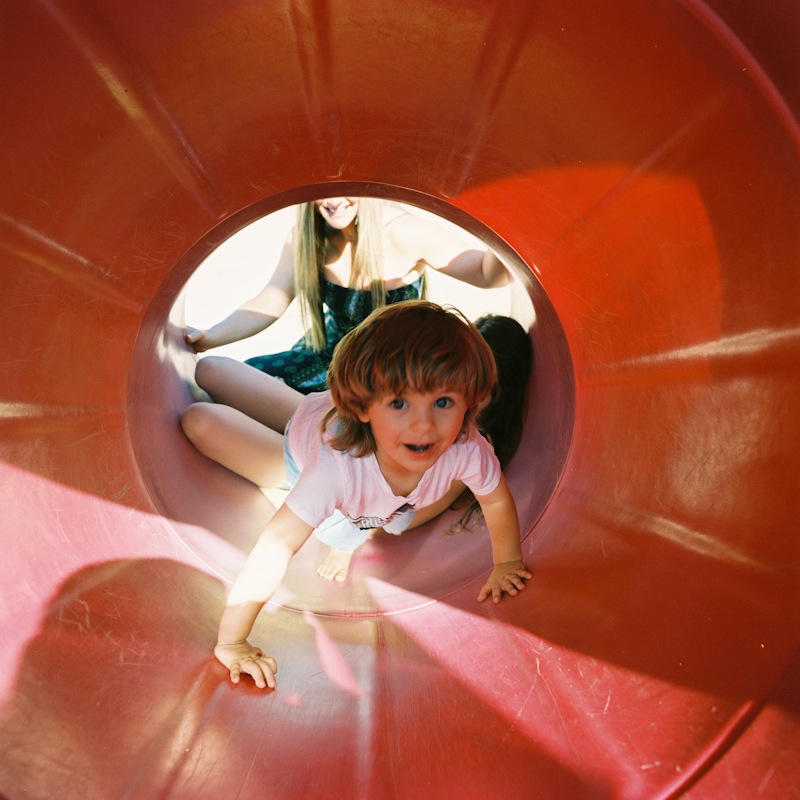
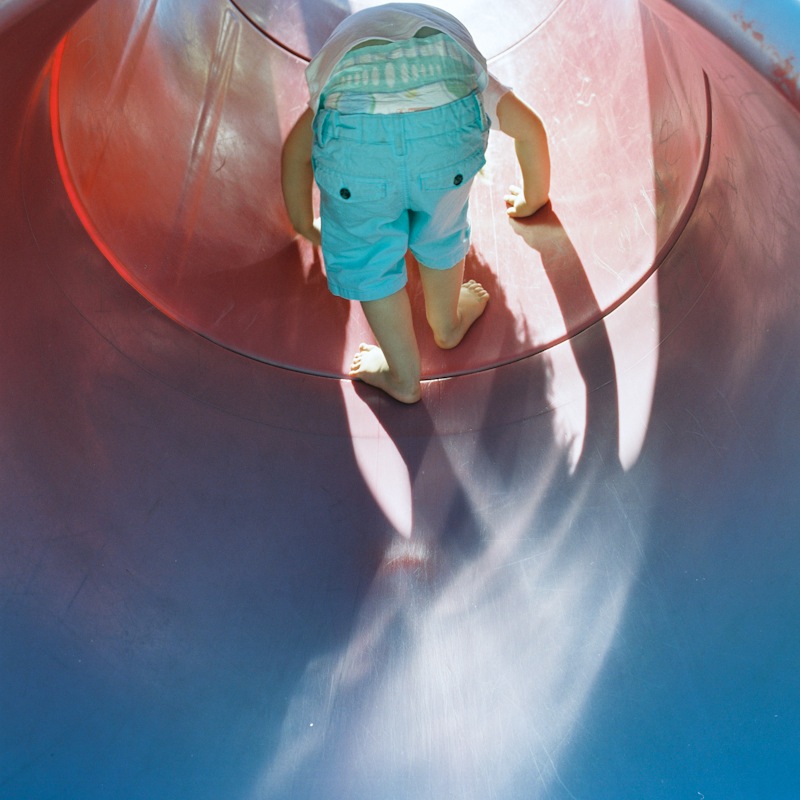
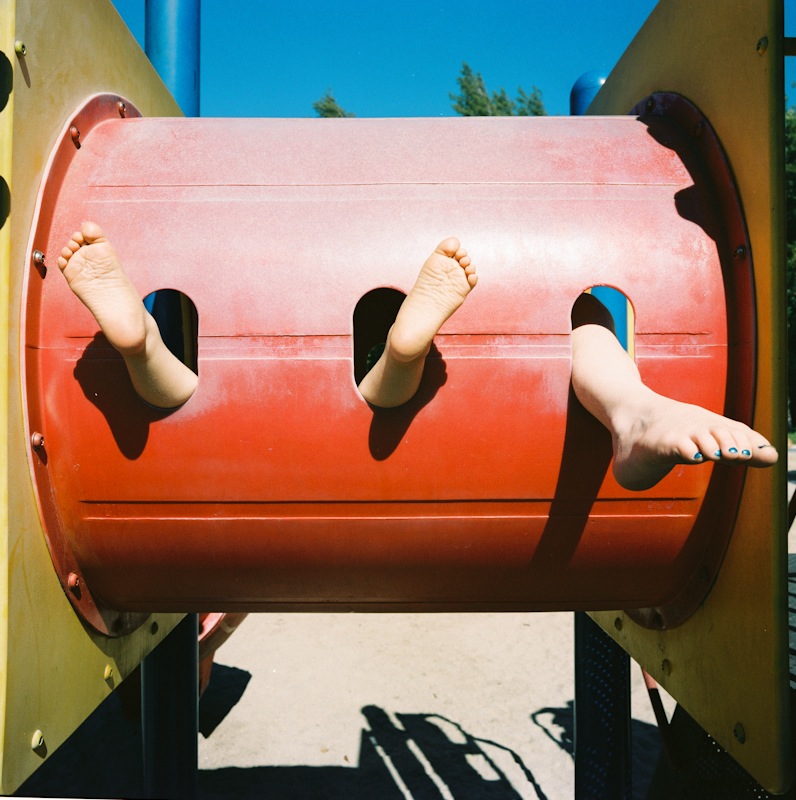
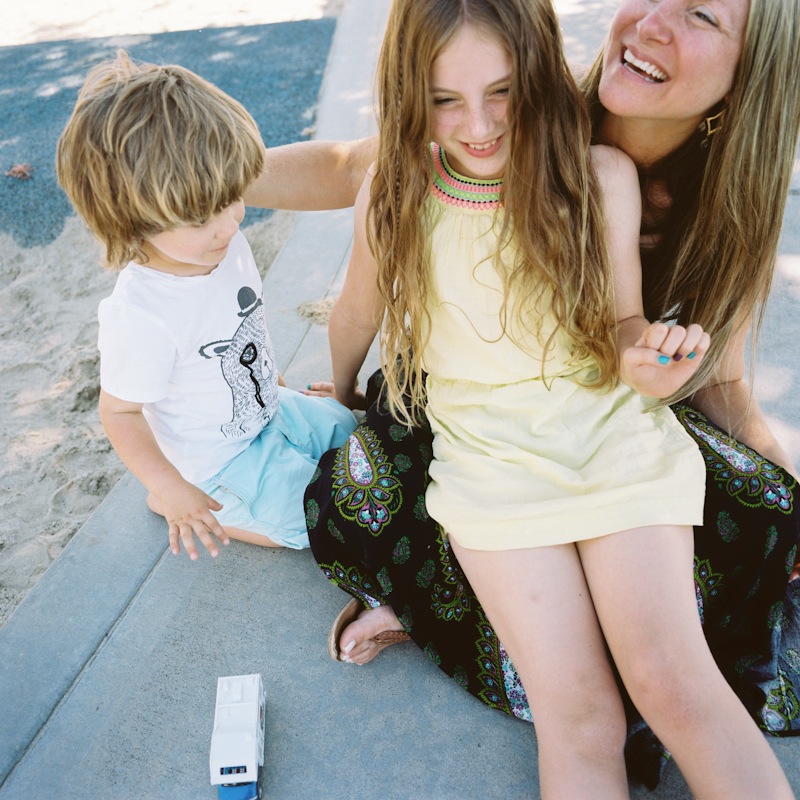
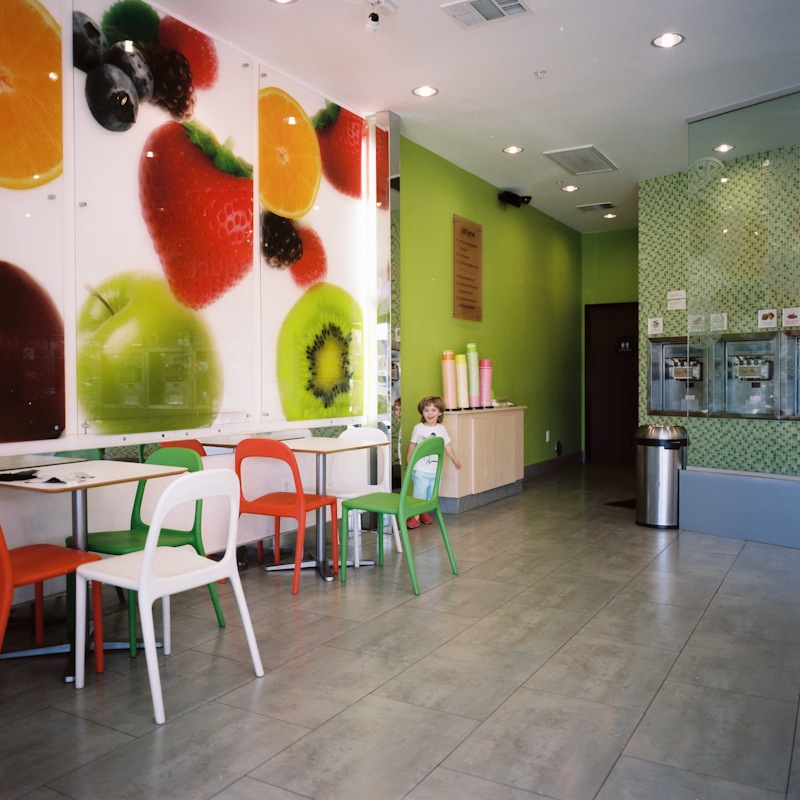
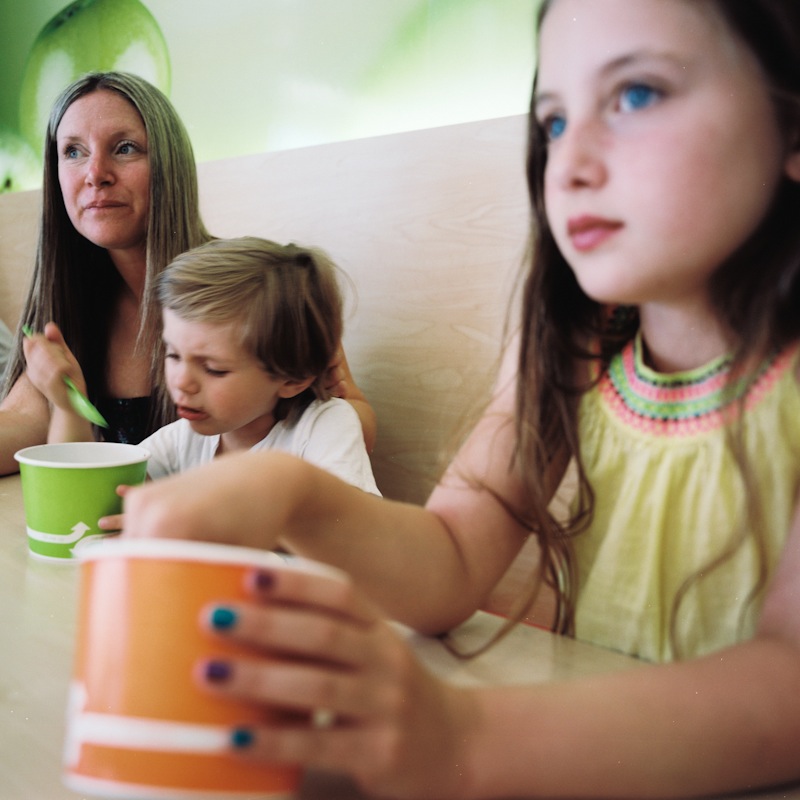

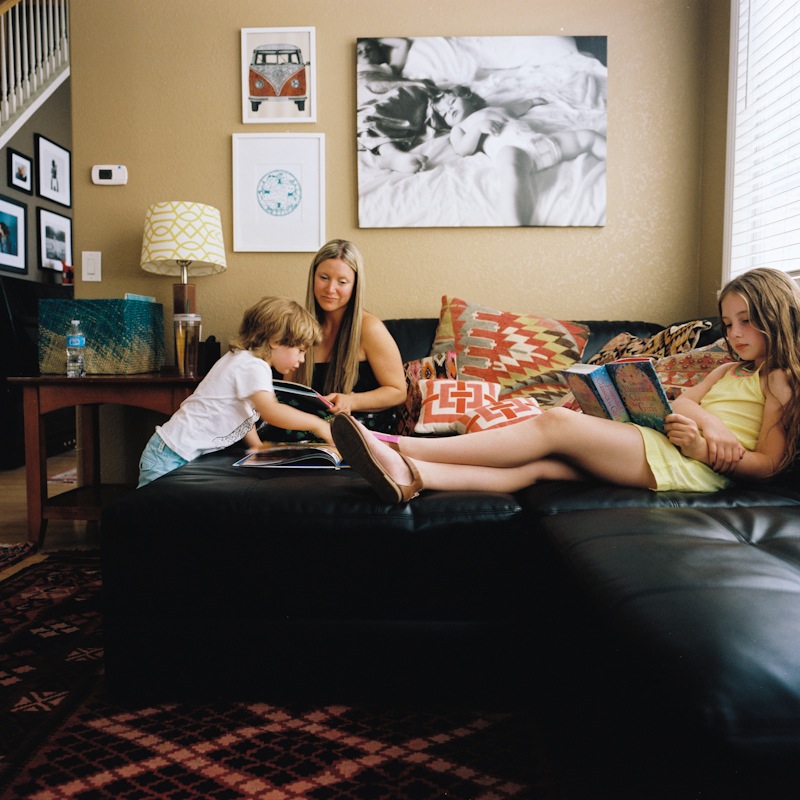
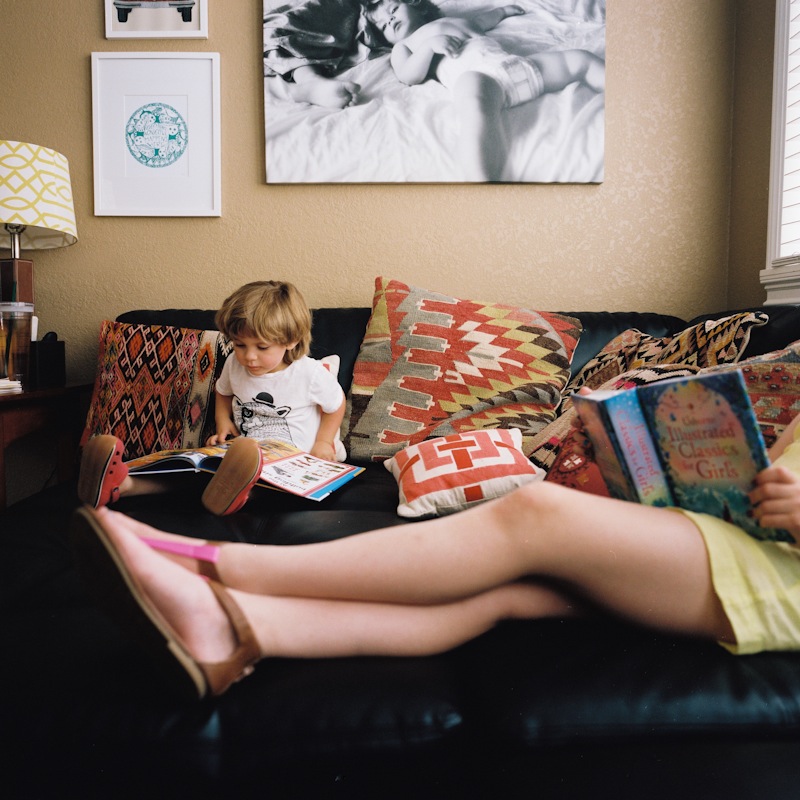
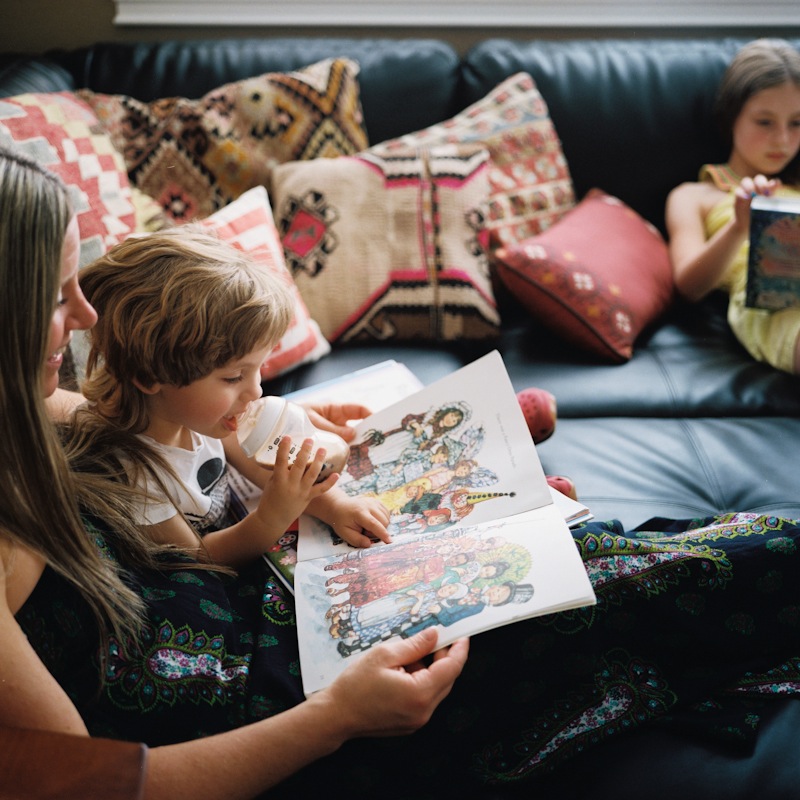
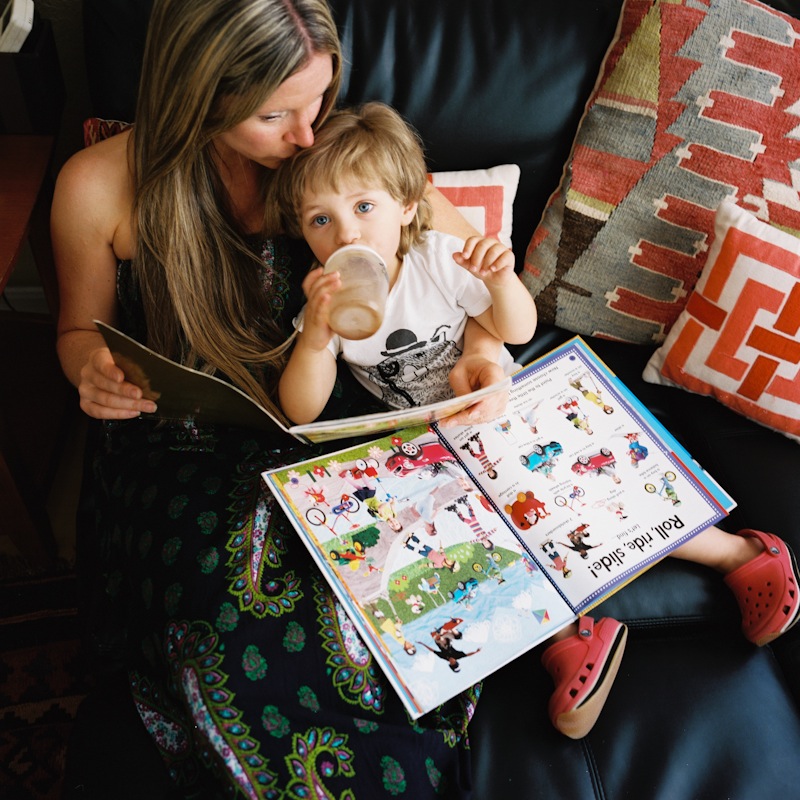
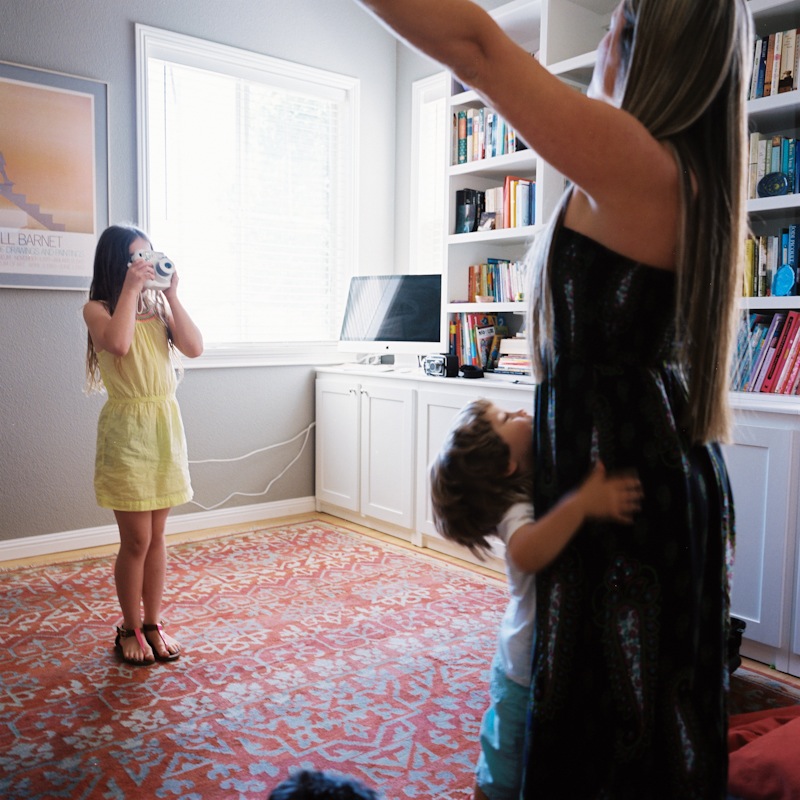
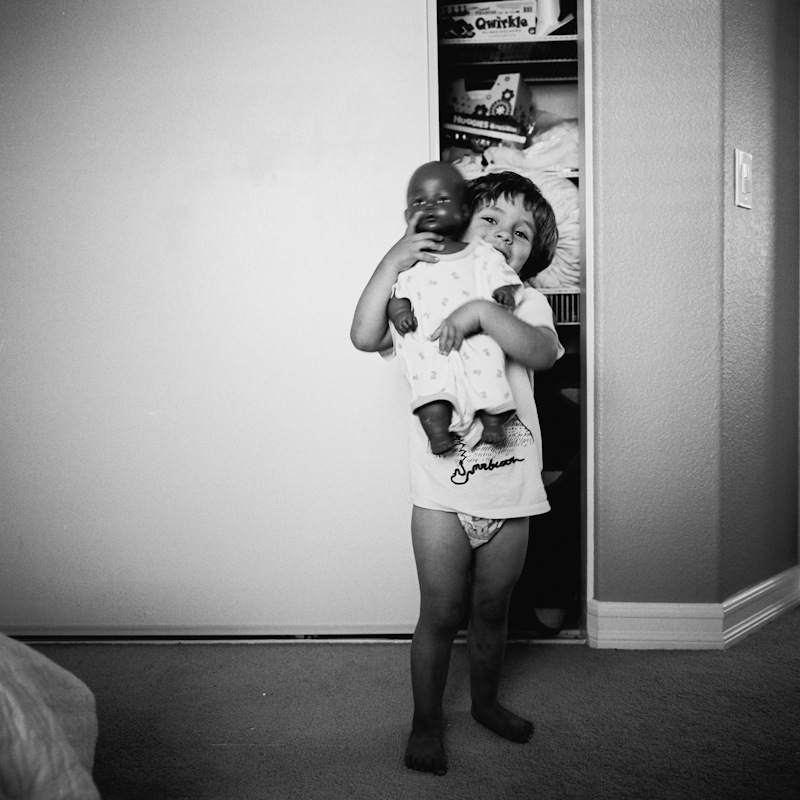
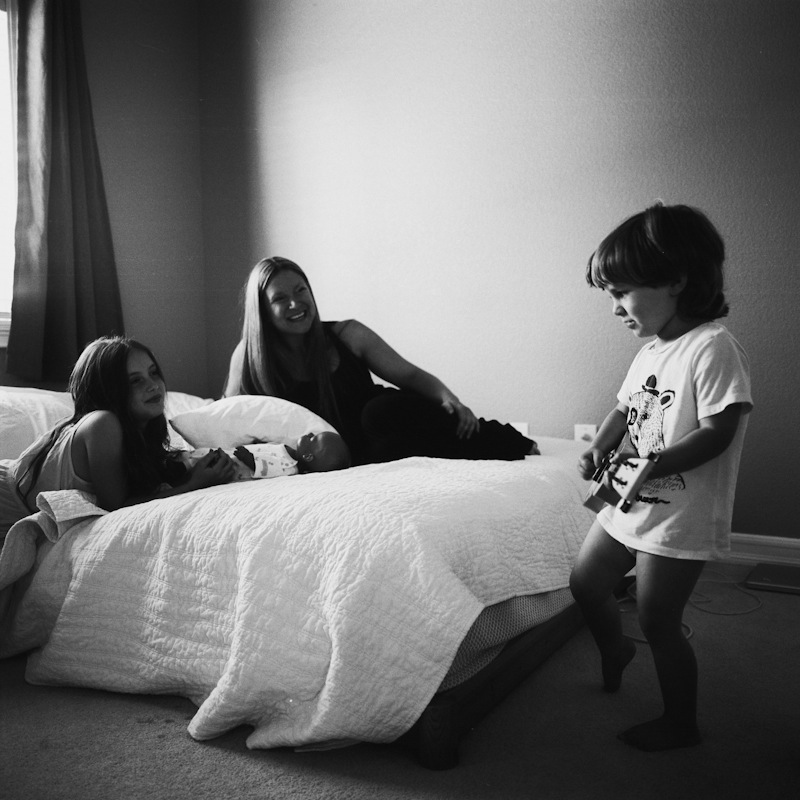
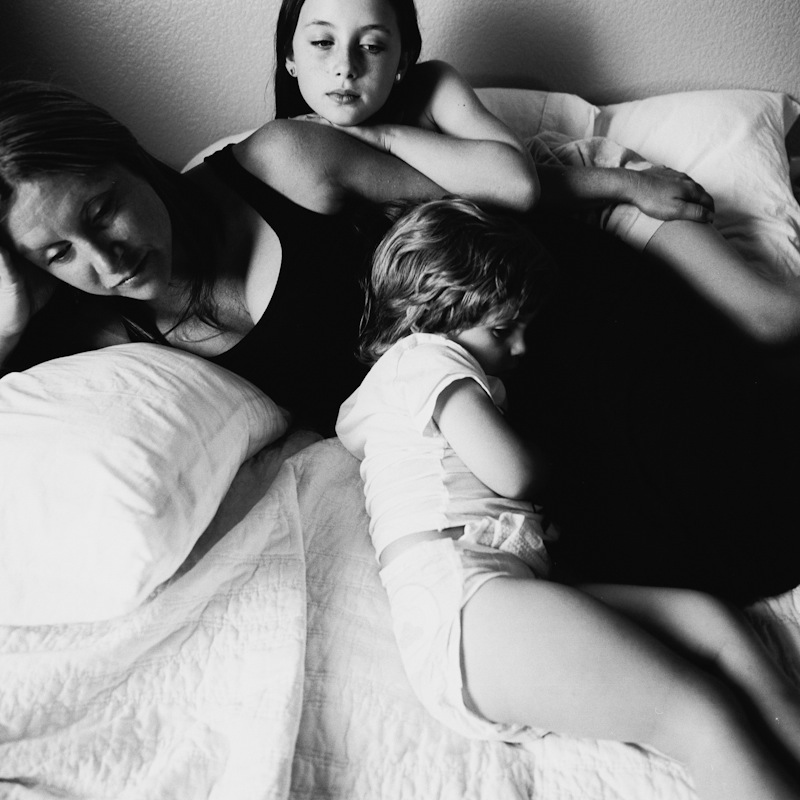
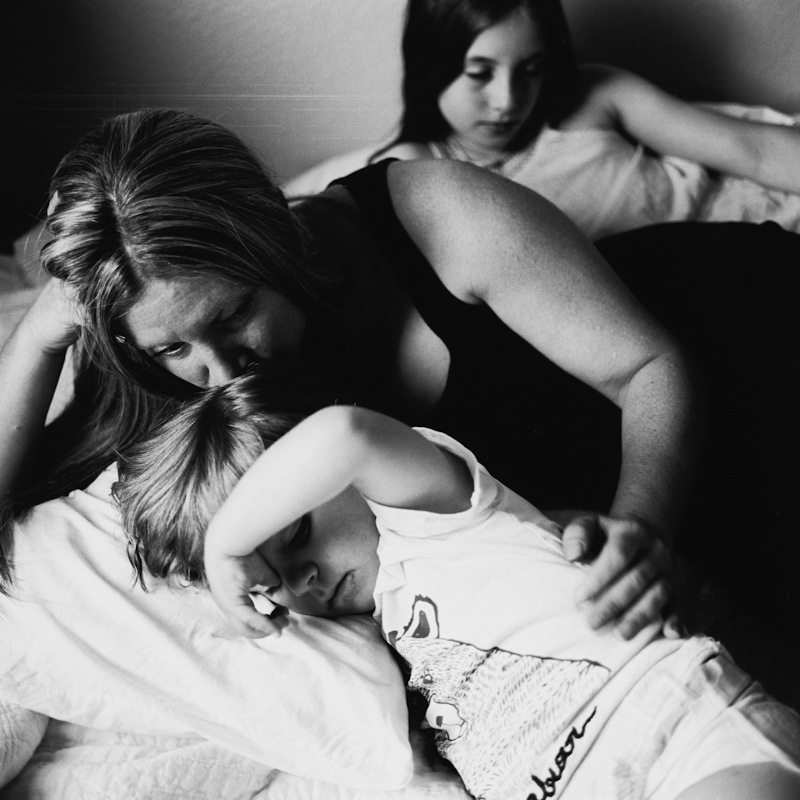
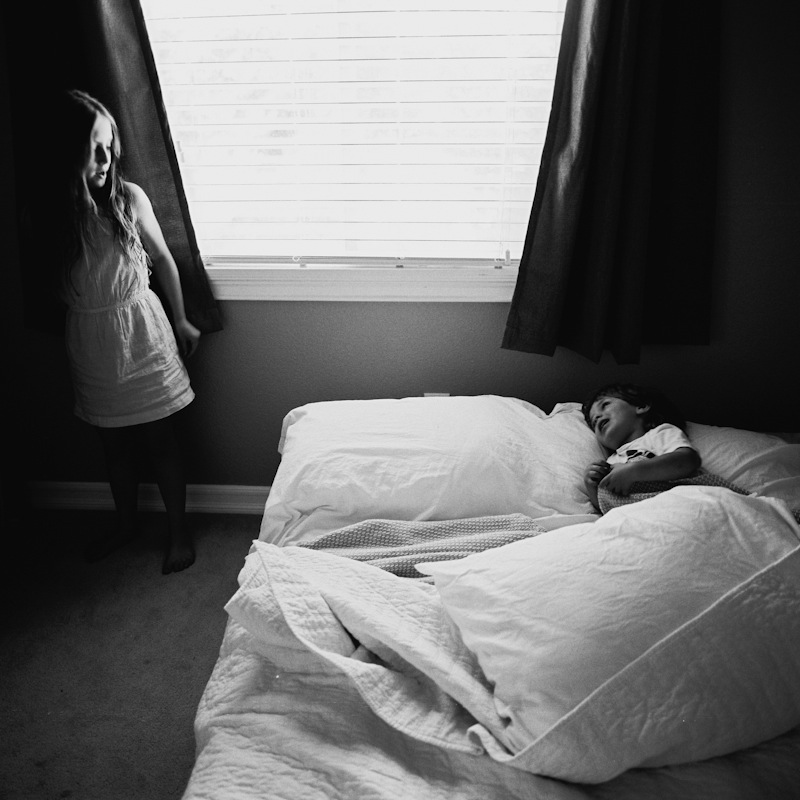
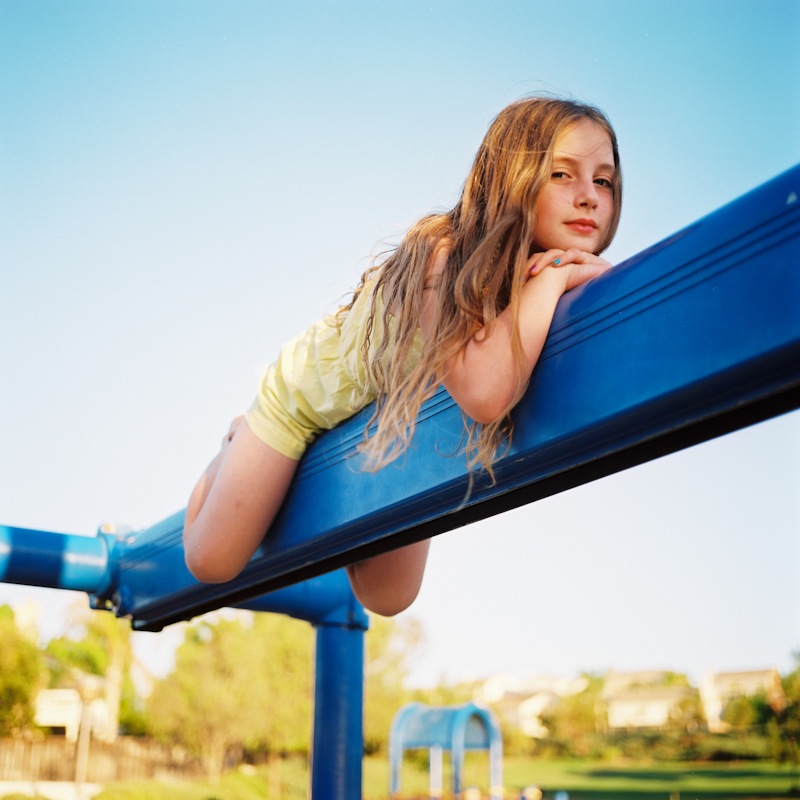



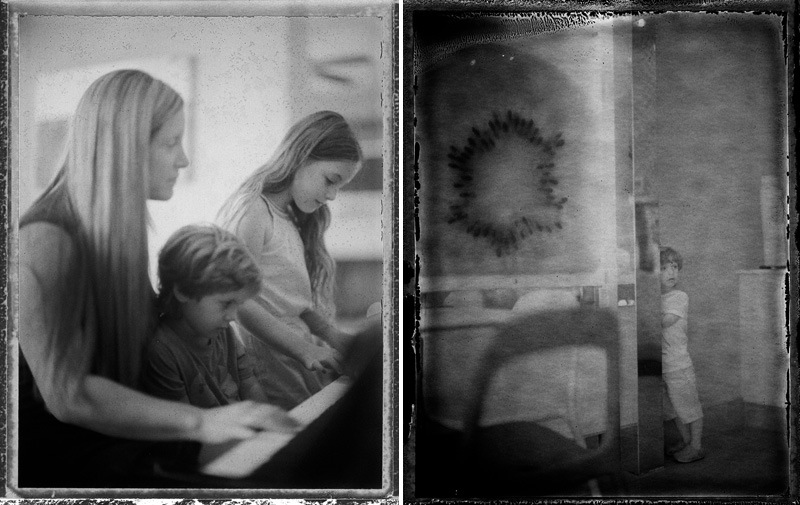
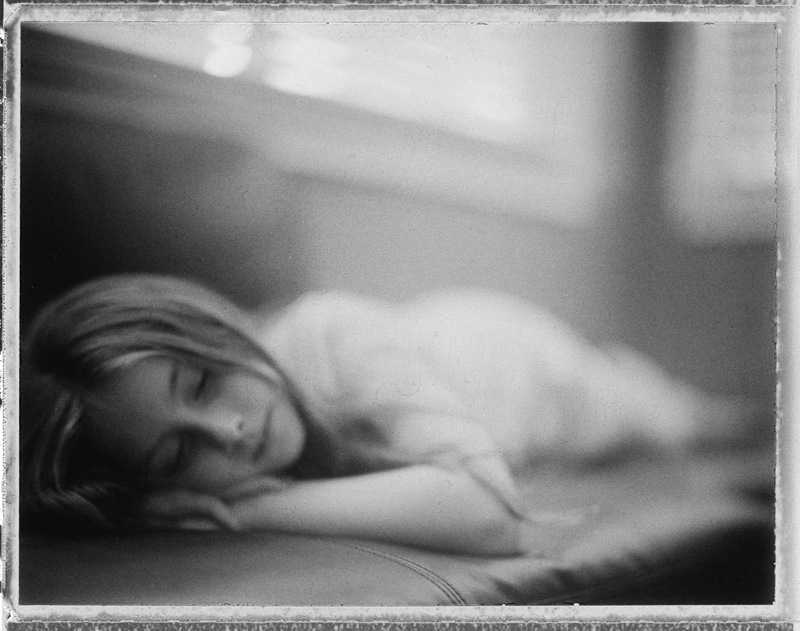
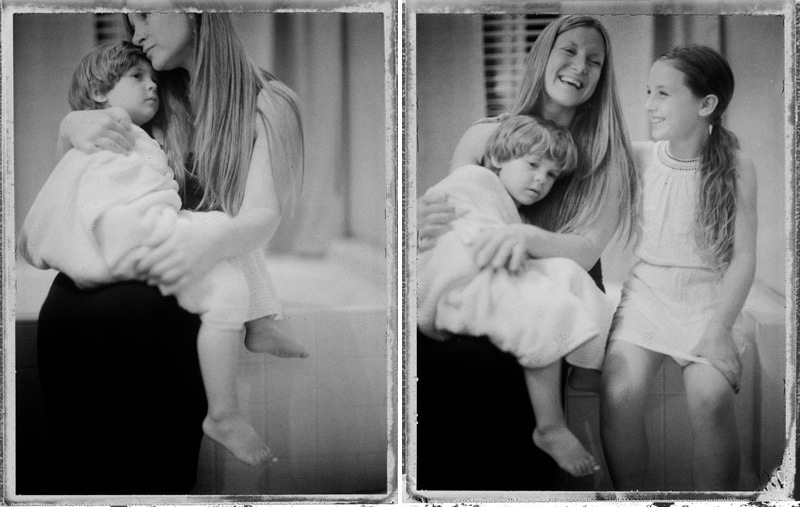
 Passover just passed. I tried to get it to stay, I really did. We even conveniently forgot to put blood on our doorpost this year so maybe it would stick around for a bit. It didn't.
Passover just passed. I tried to get it to stay, I really did. We even conveniently forgot to put blood on our doorpost this year so maybe it would stick around for a bit. It didn't.















 Warning: This might not make much sense to those not in the mainstream Jewish community, I will not be insulted if, when presented with a wall of indecipherable text, you choose to go straight to the photos.
Warning: This might not make much sense to those not in the mainstream Jewish community, I will not be insulted if, when presented with a wall of indecipherable text, you choose to go straight to the photos.